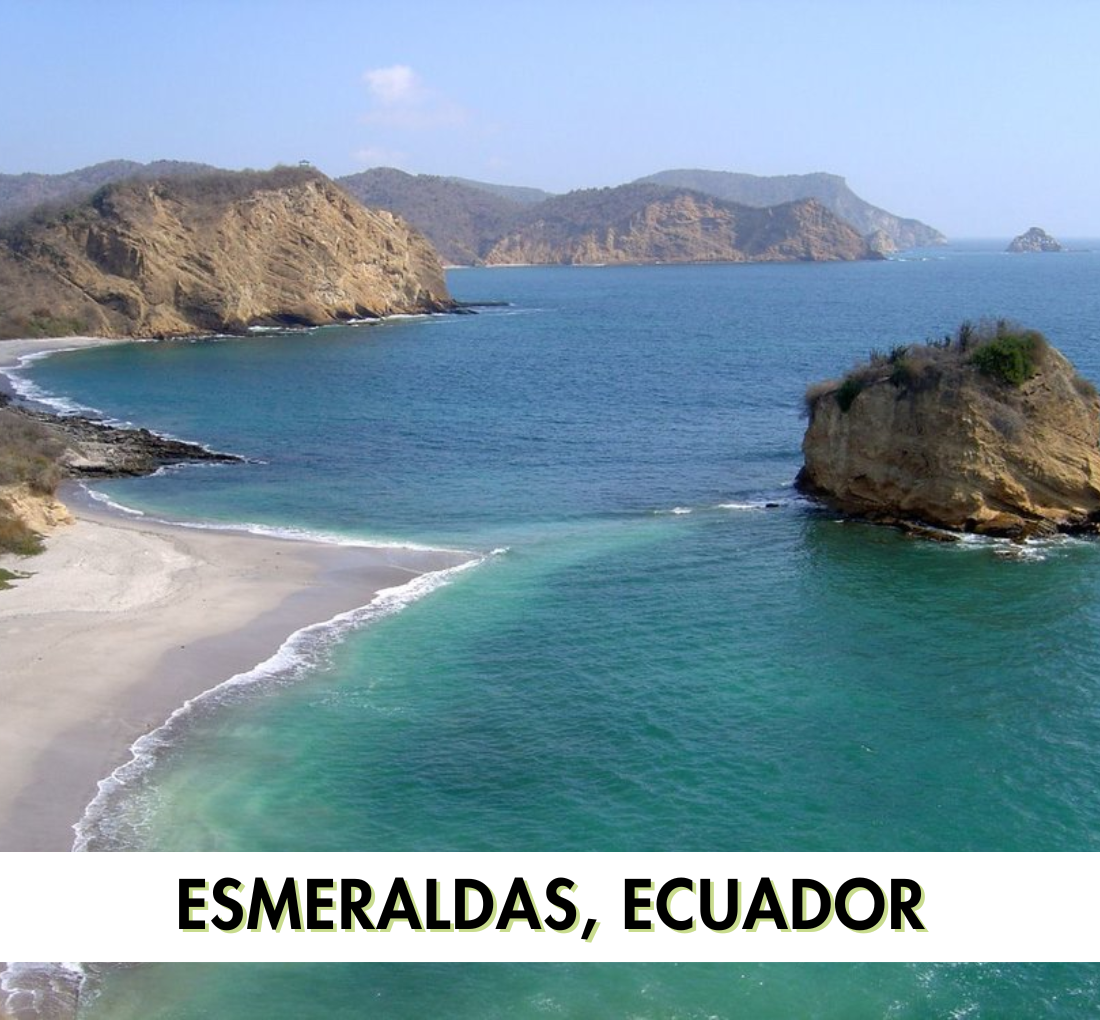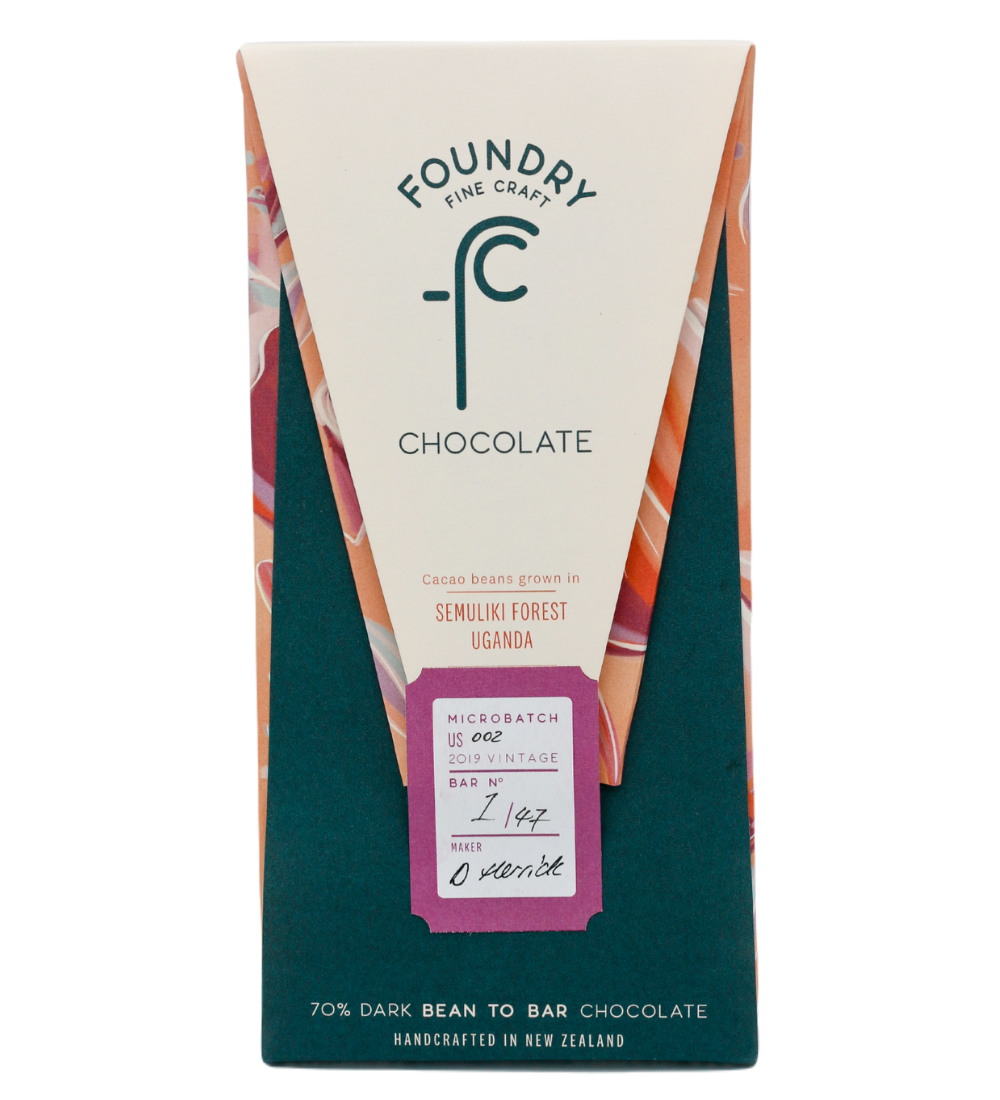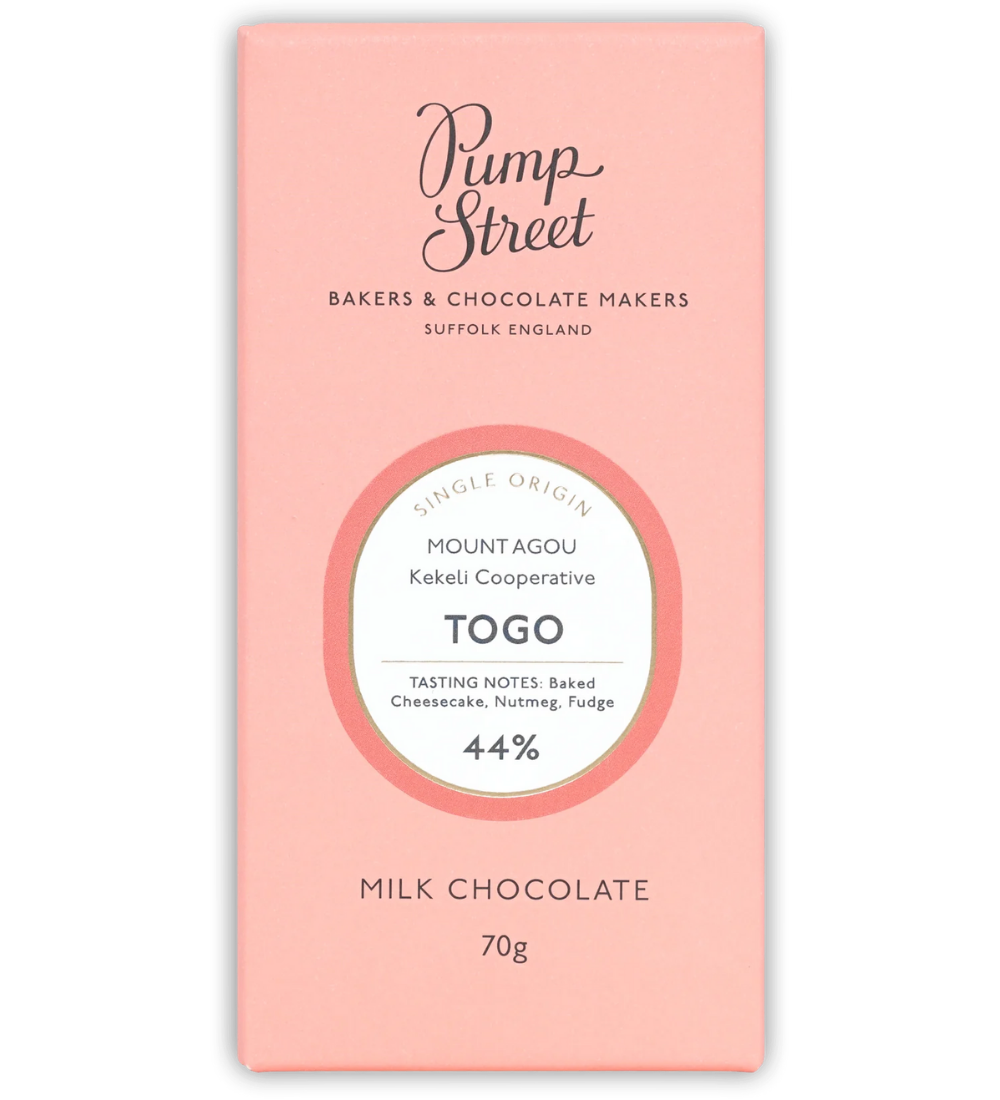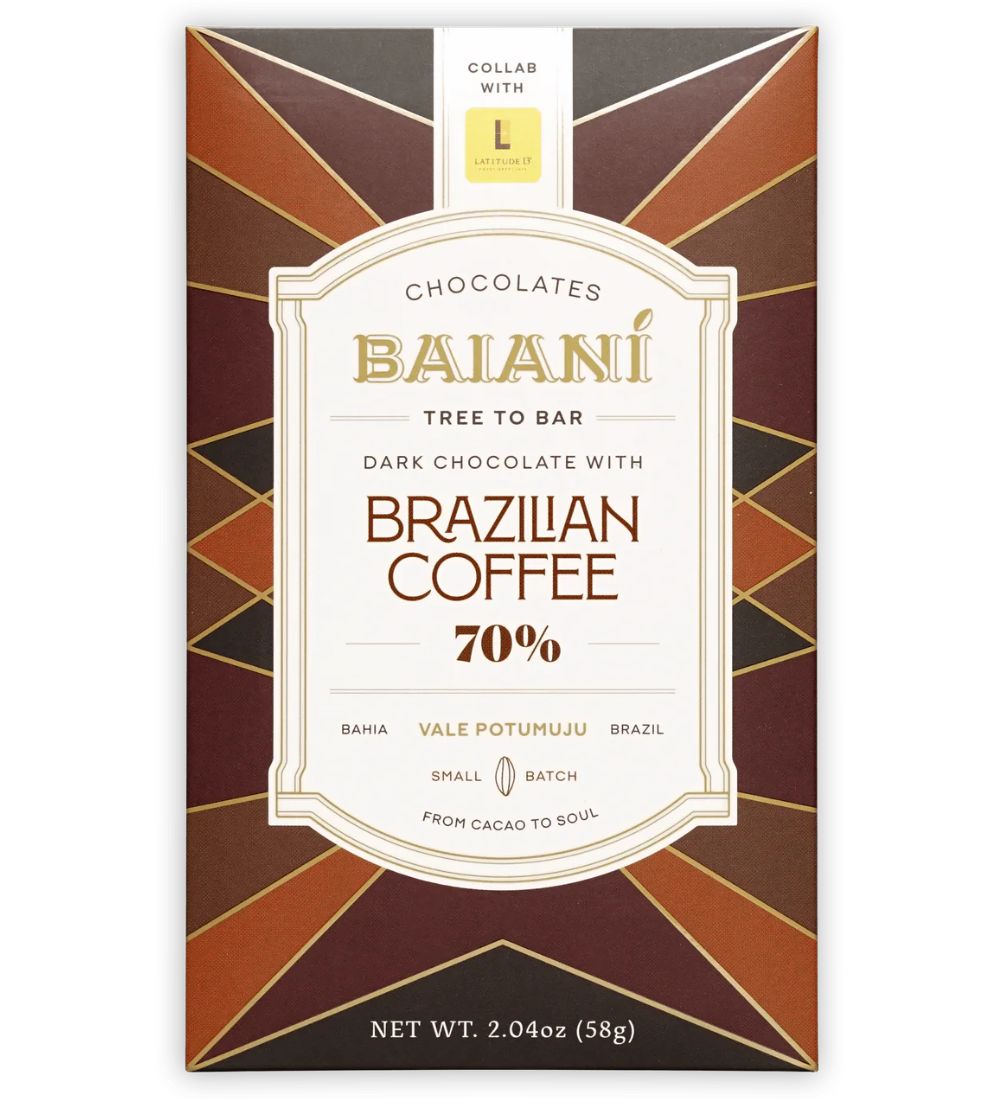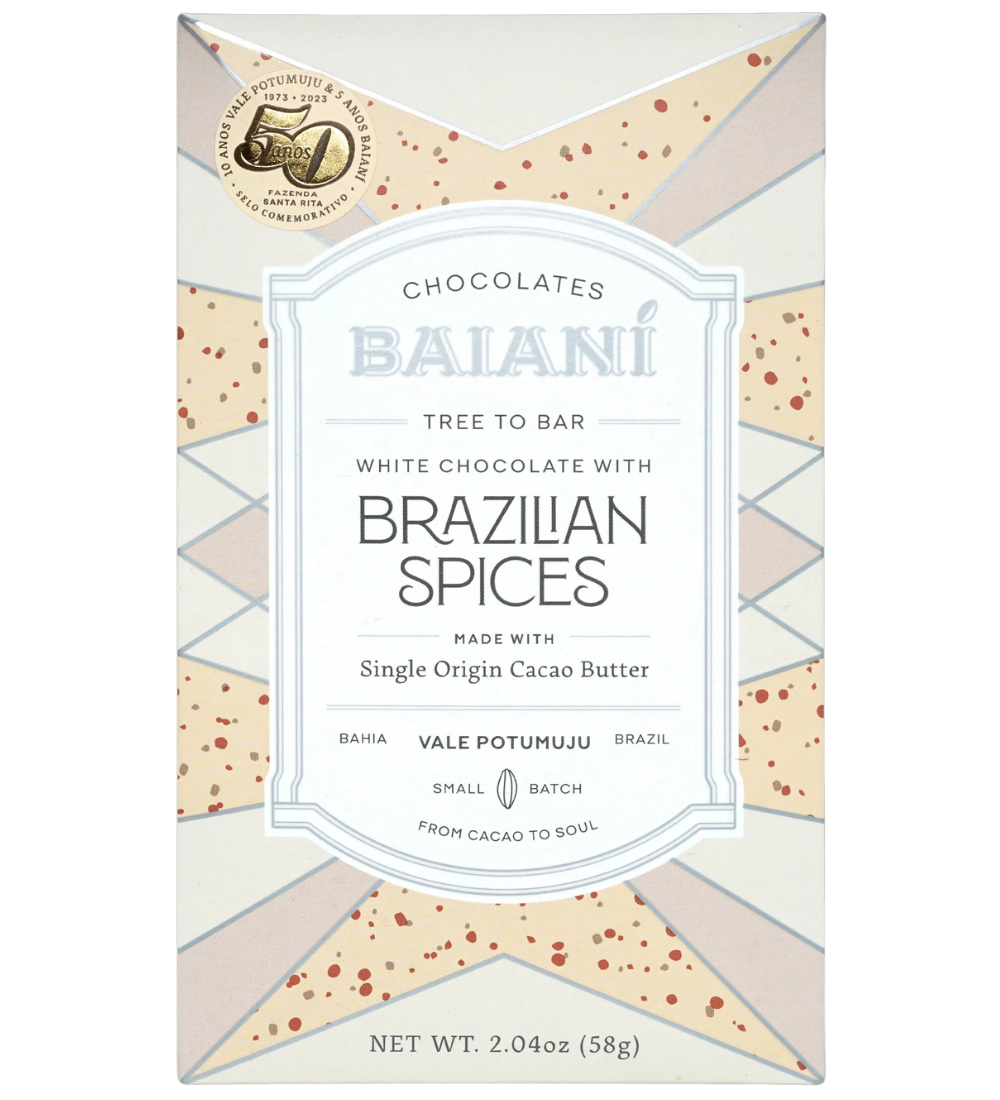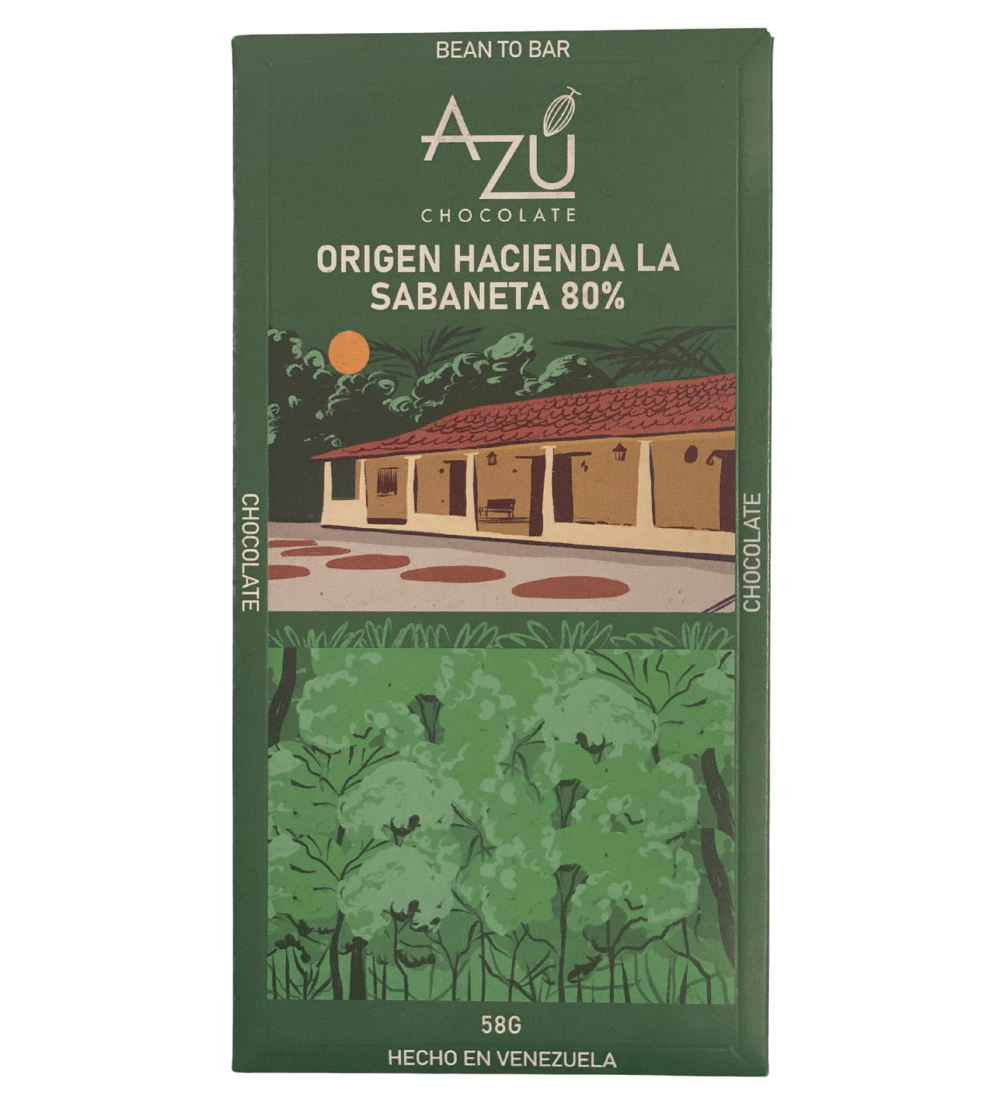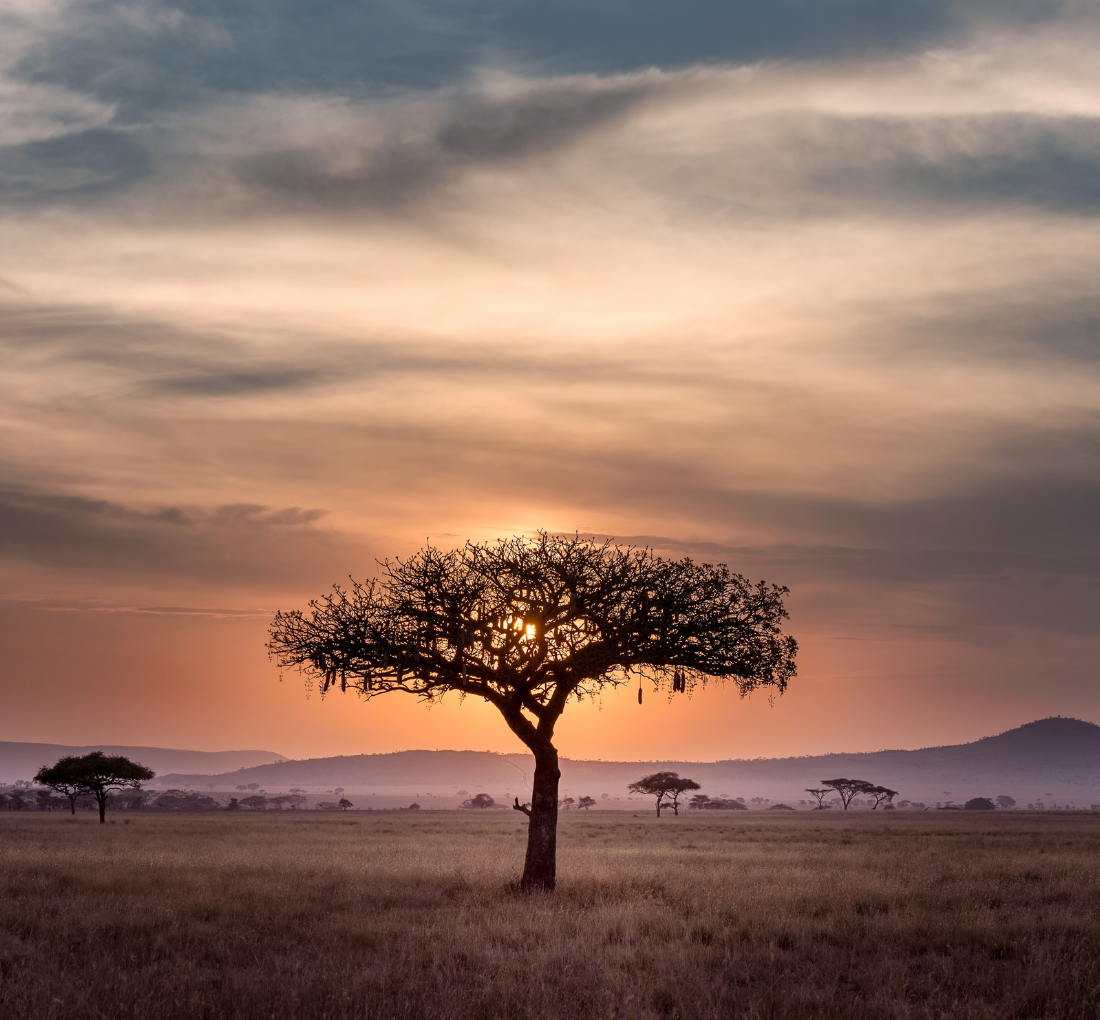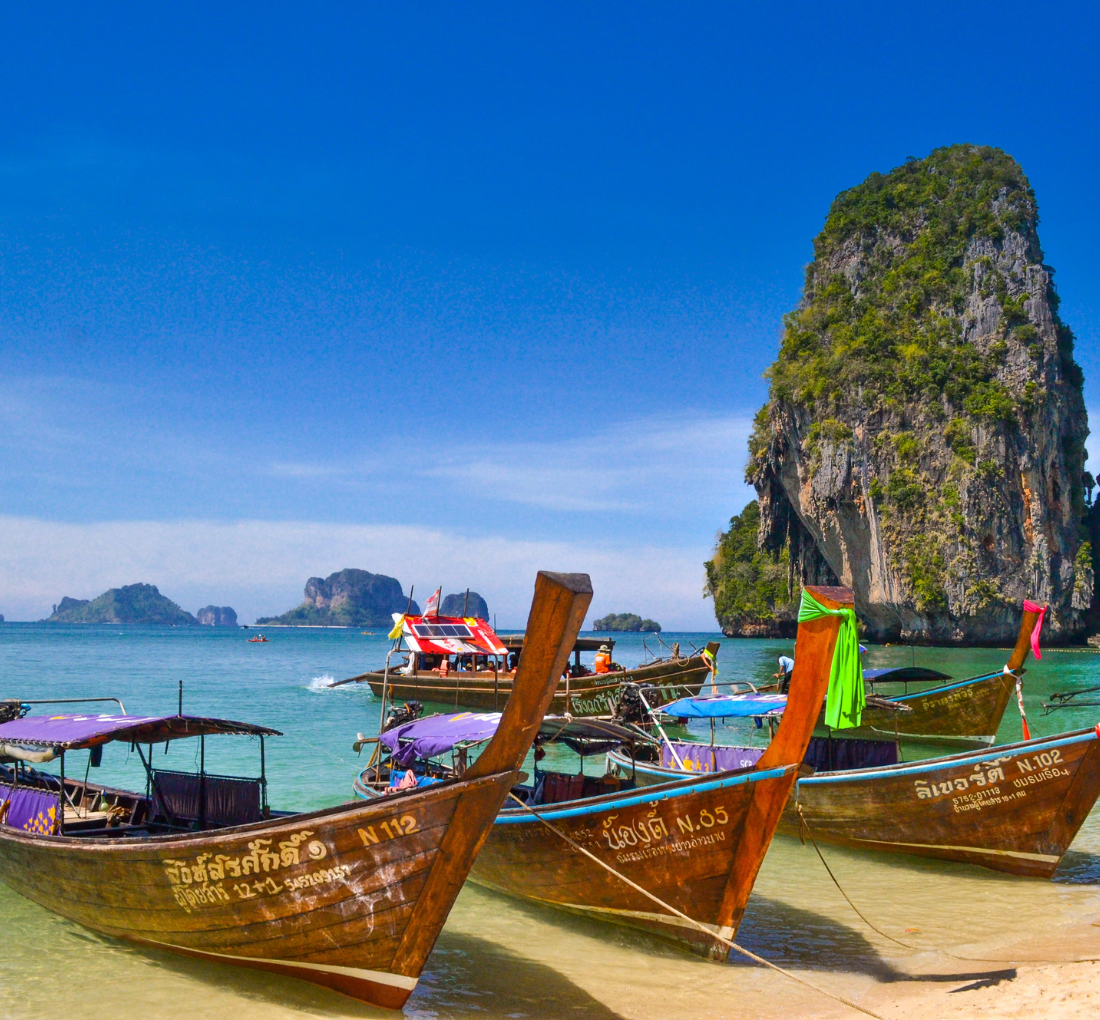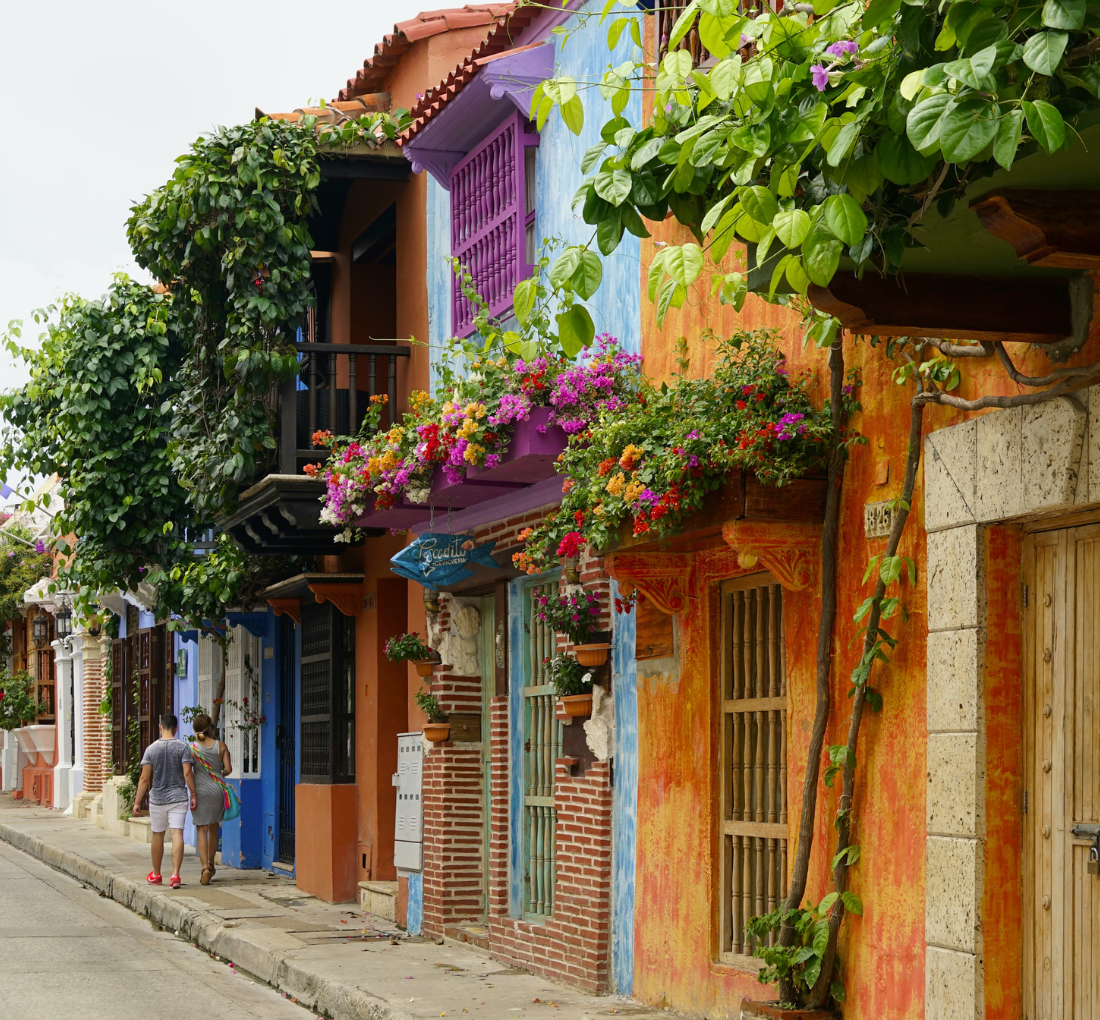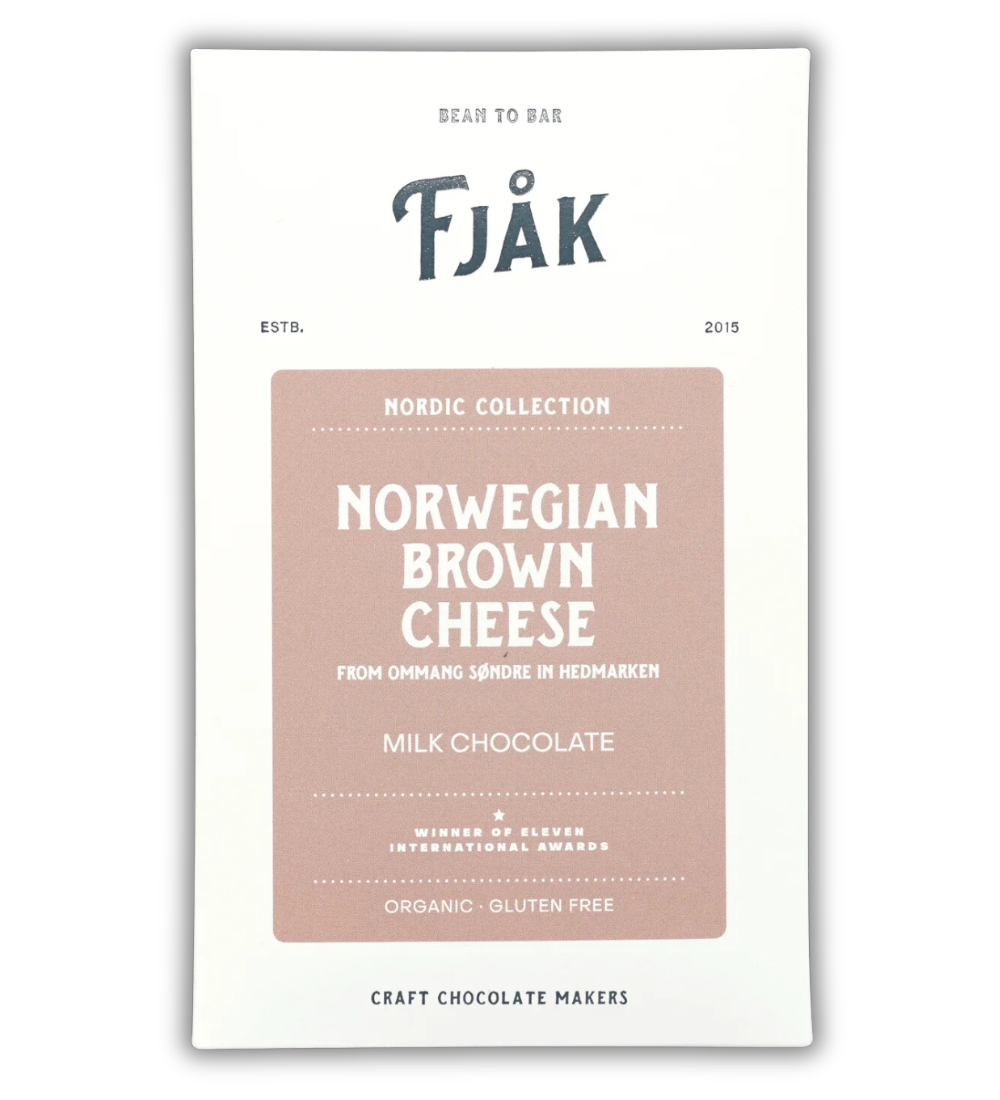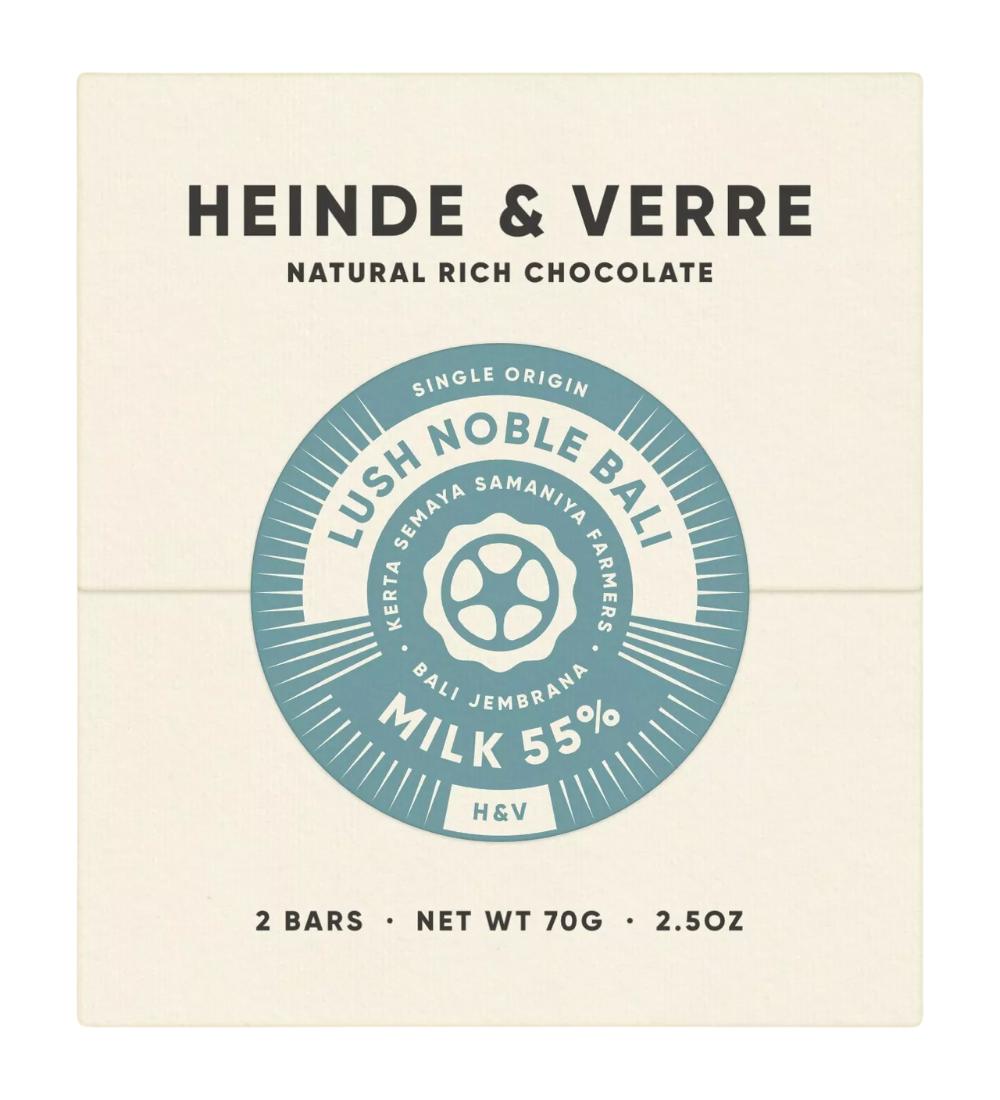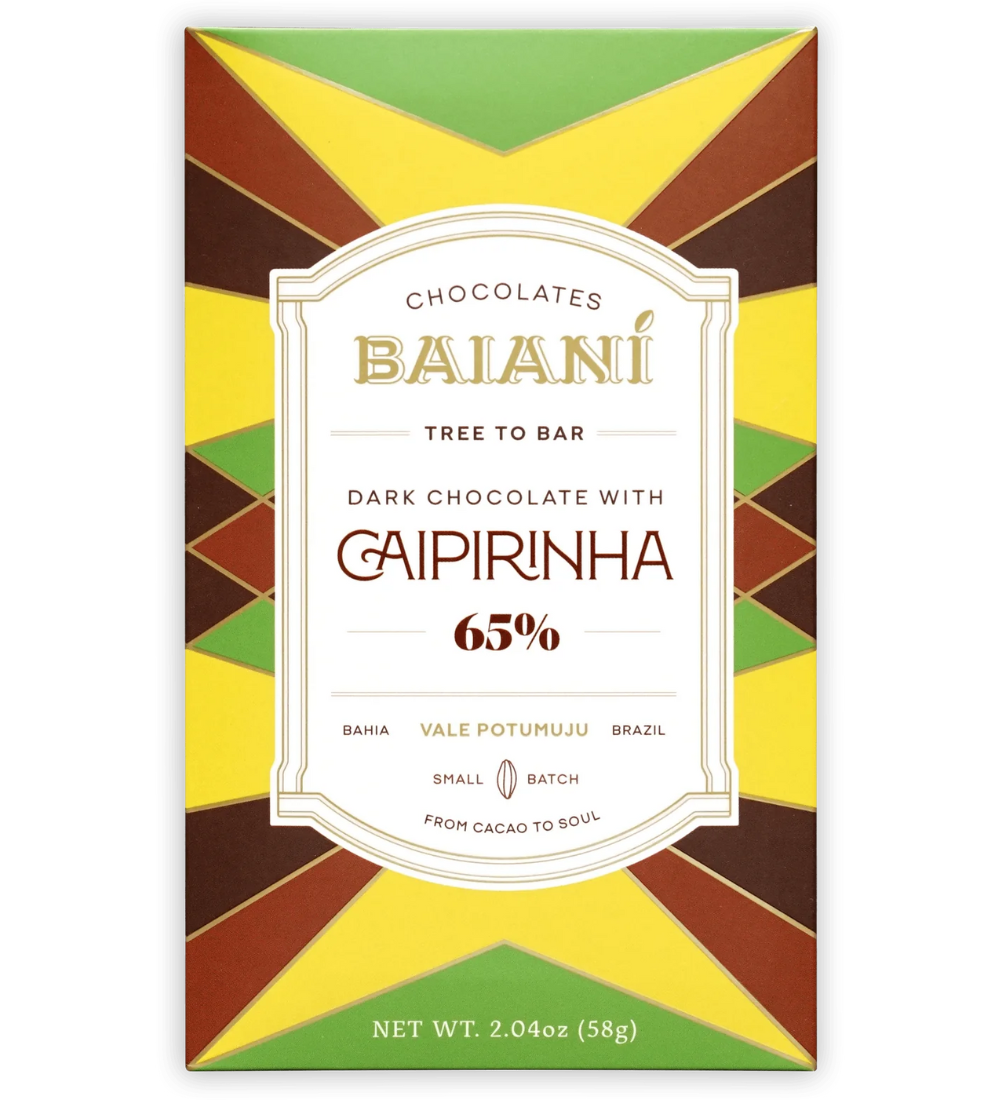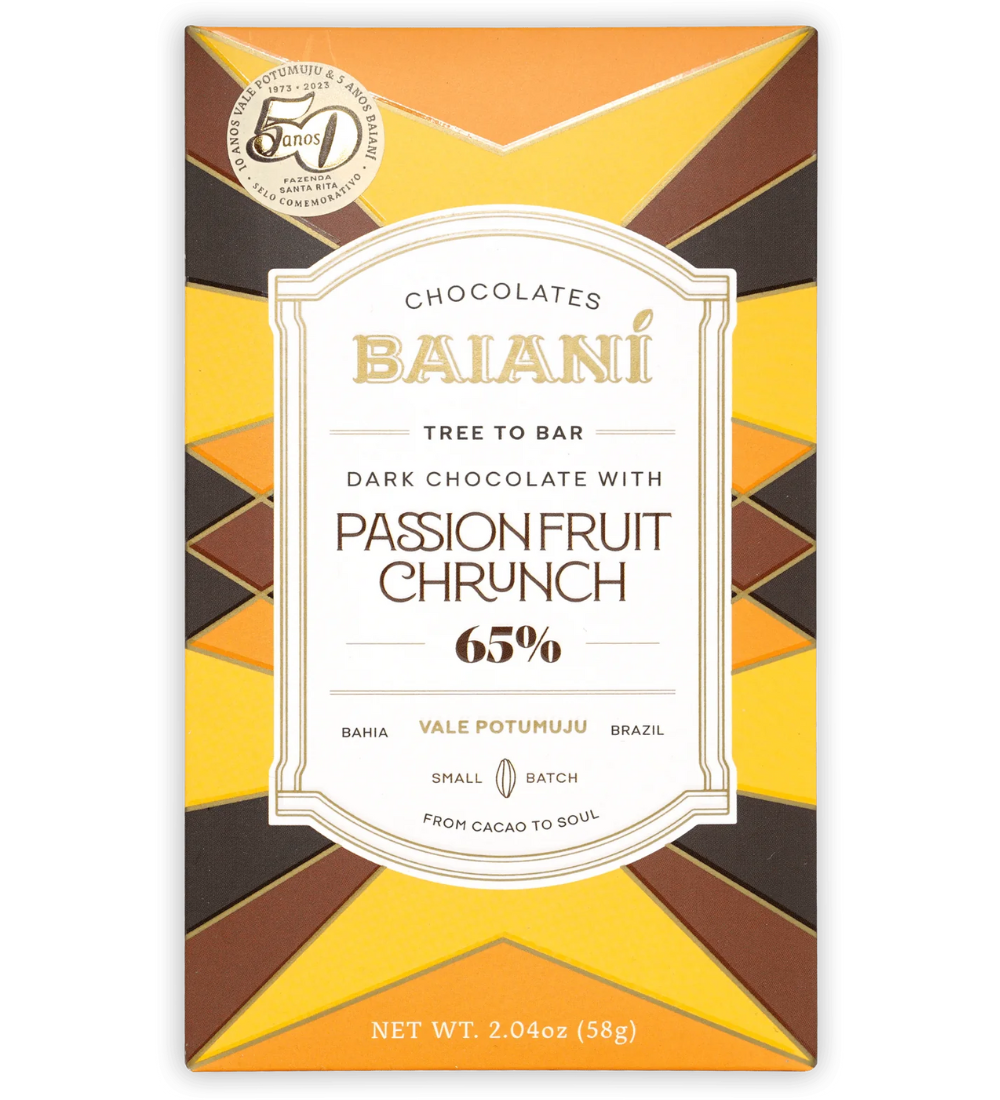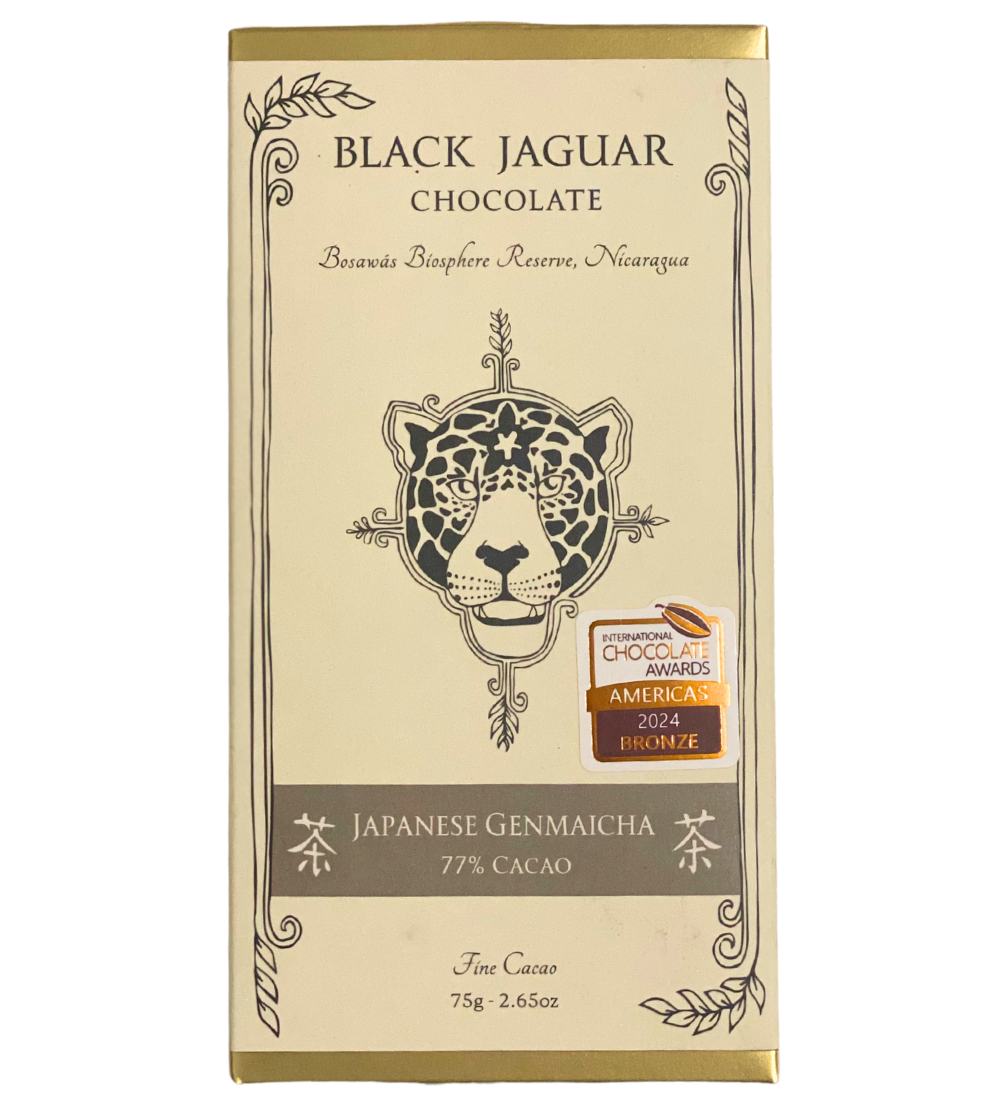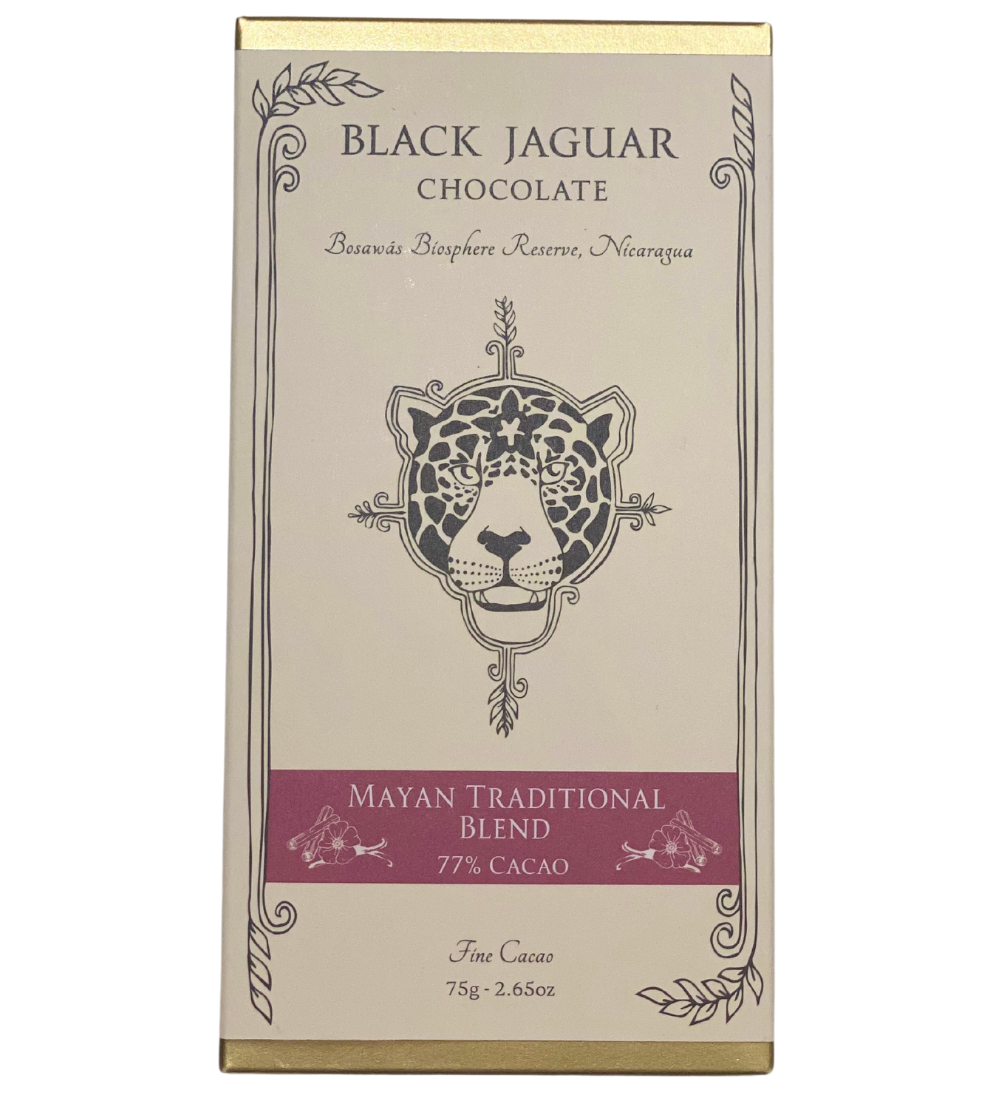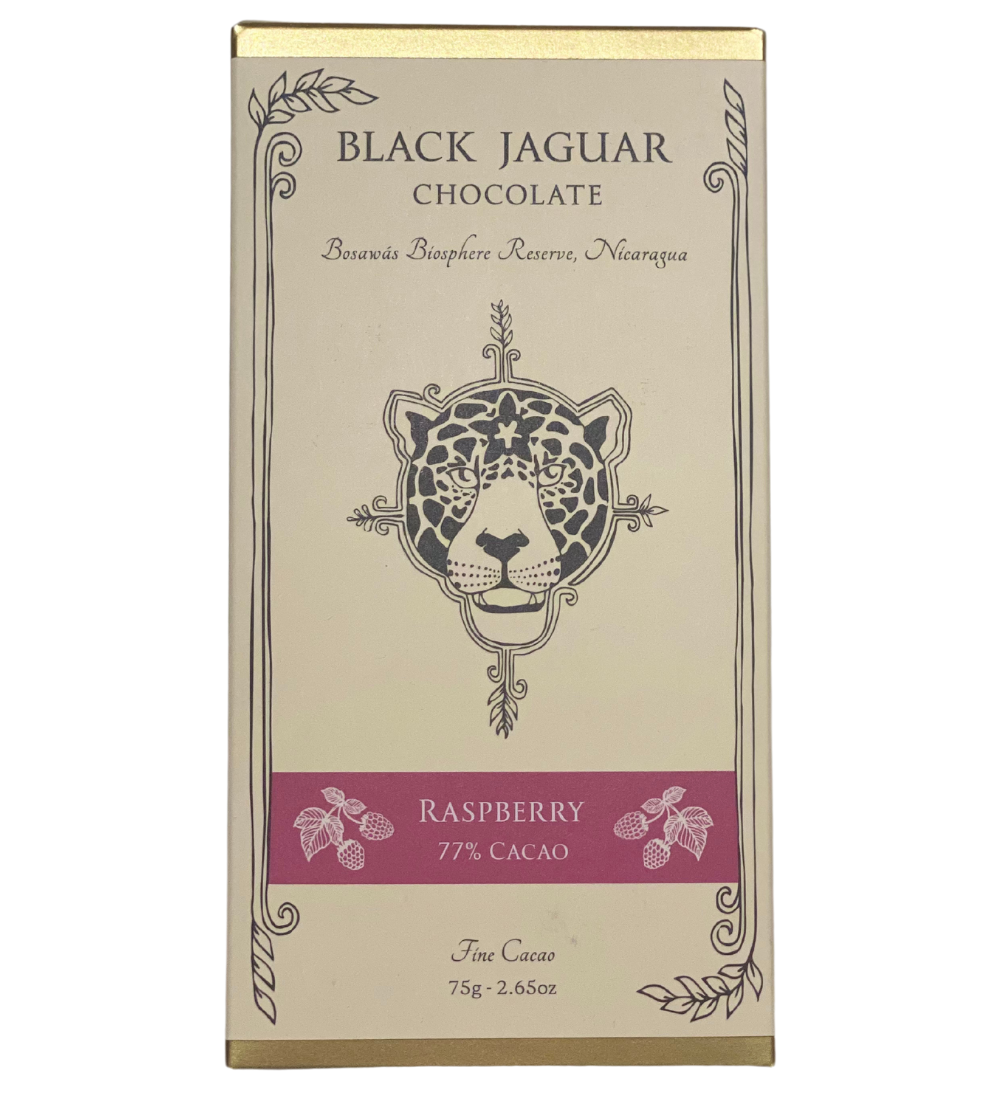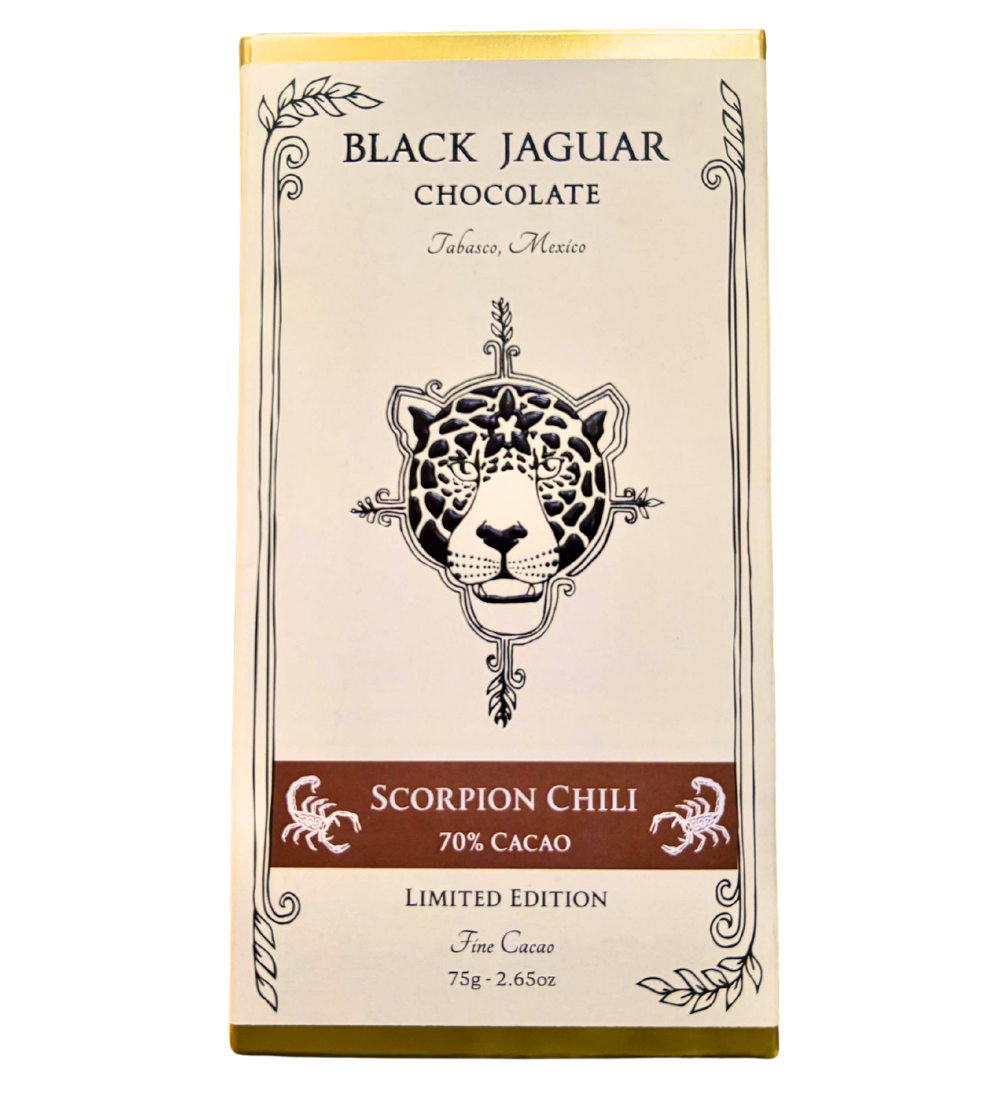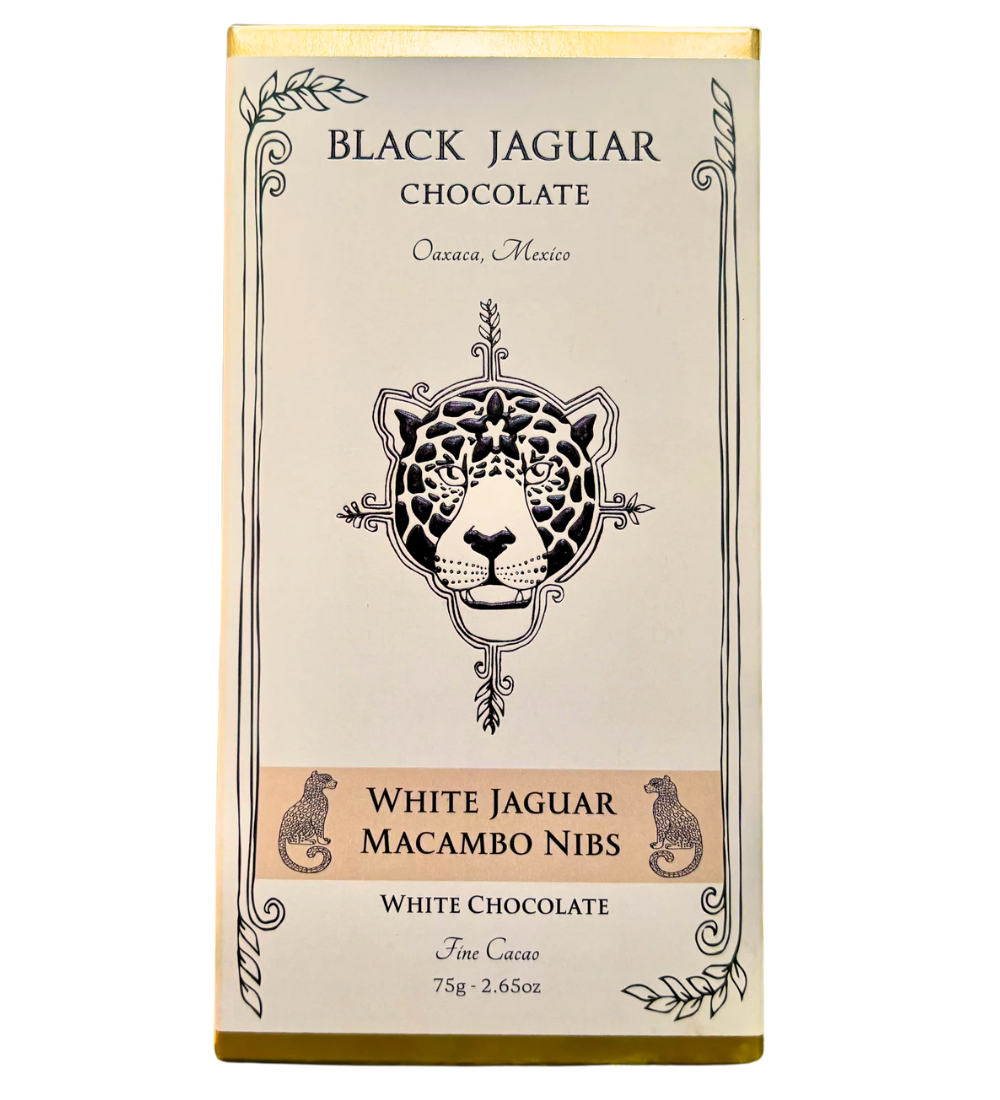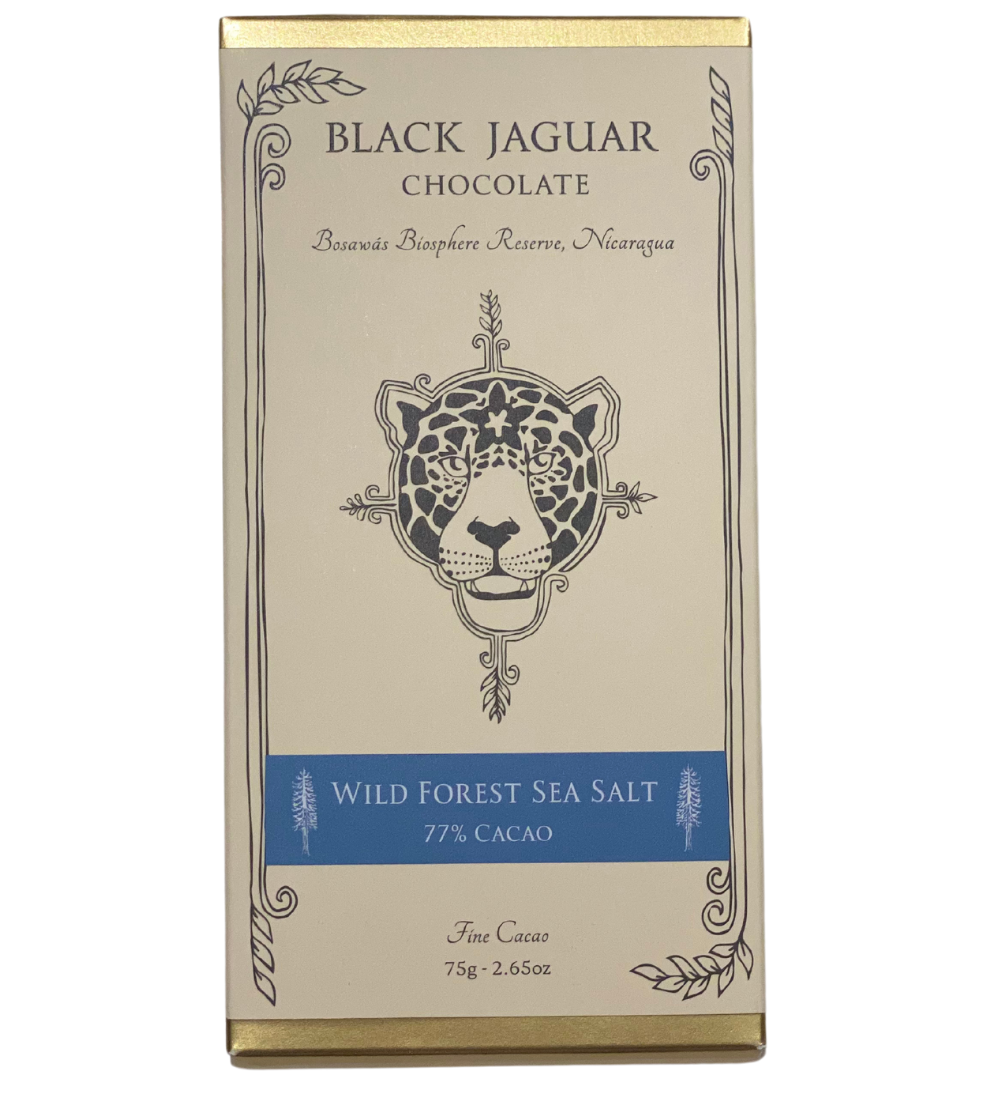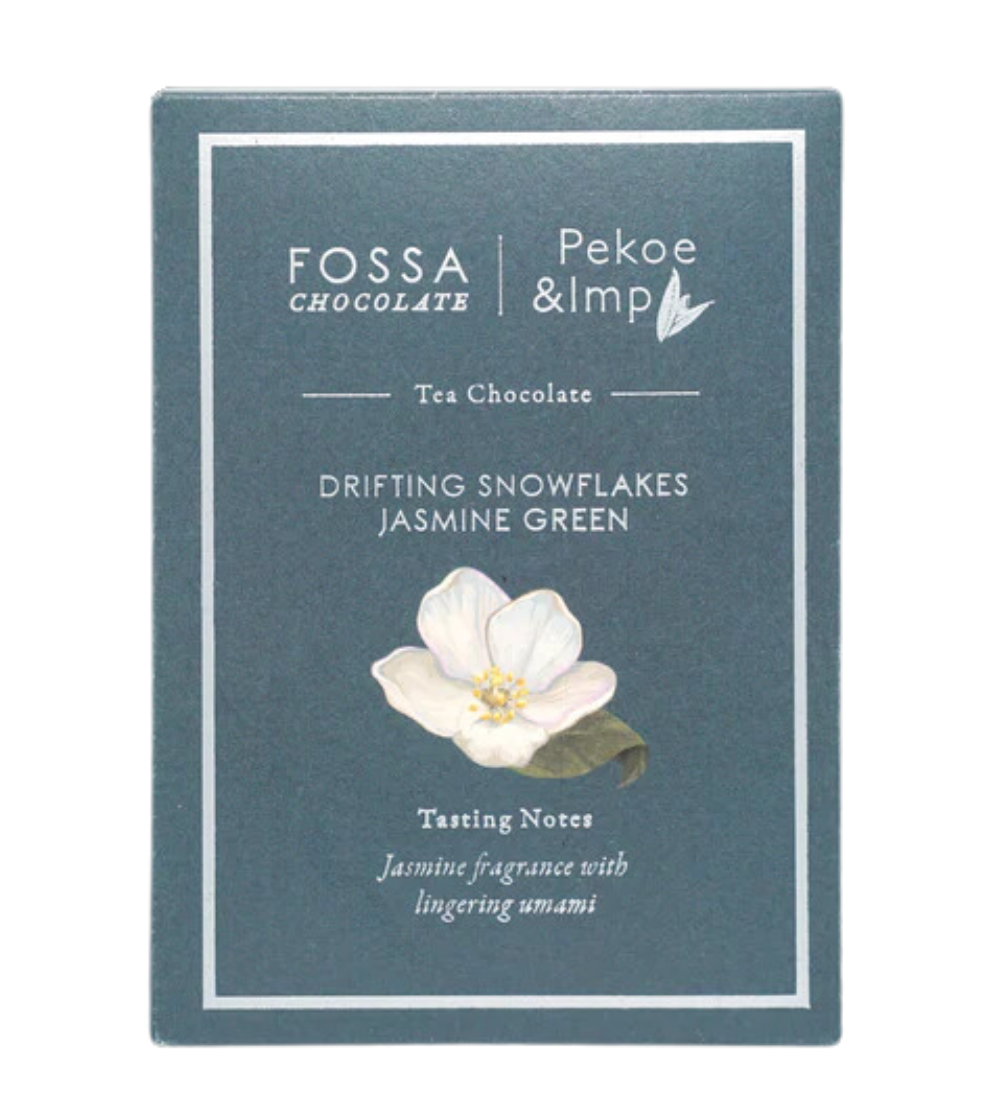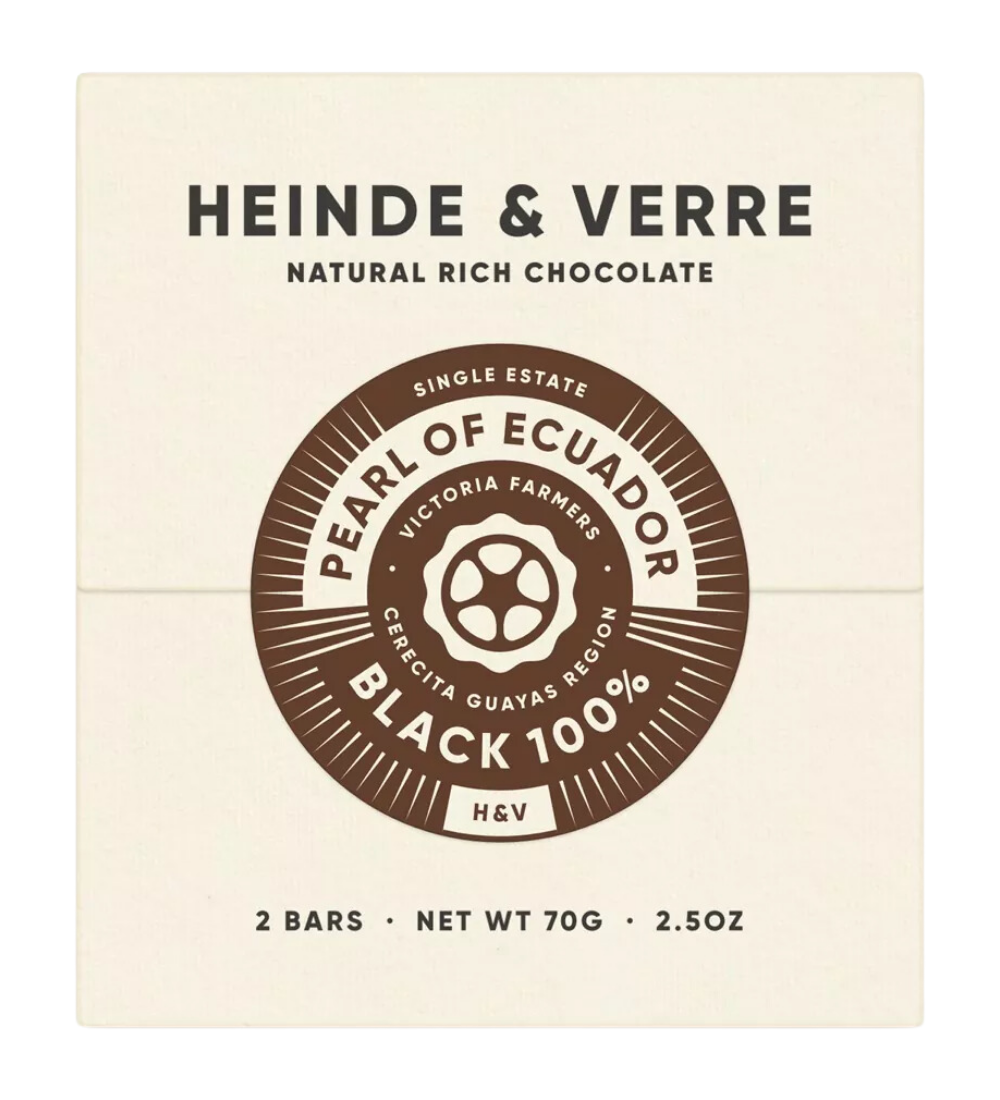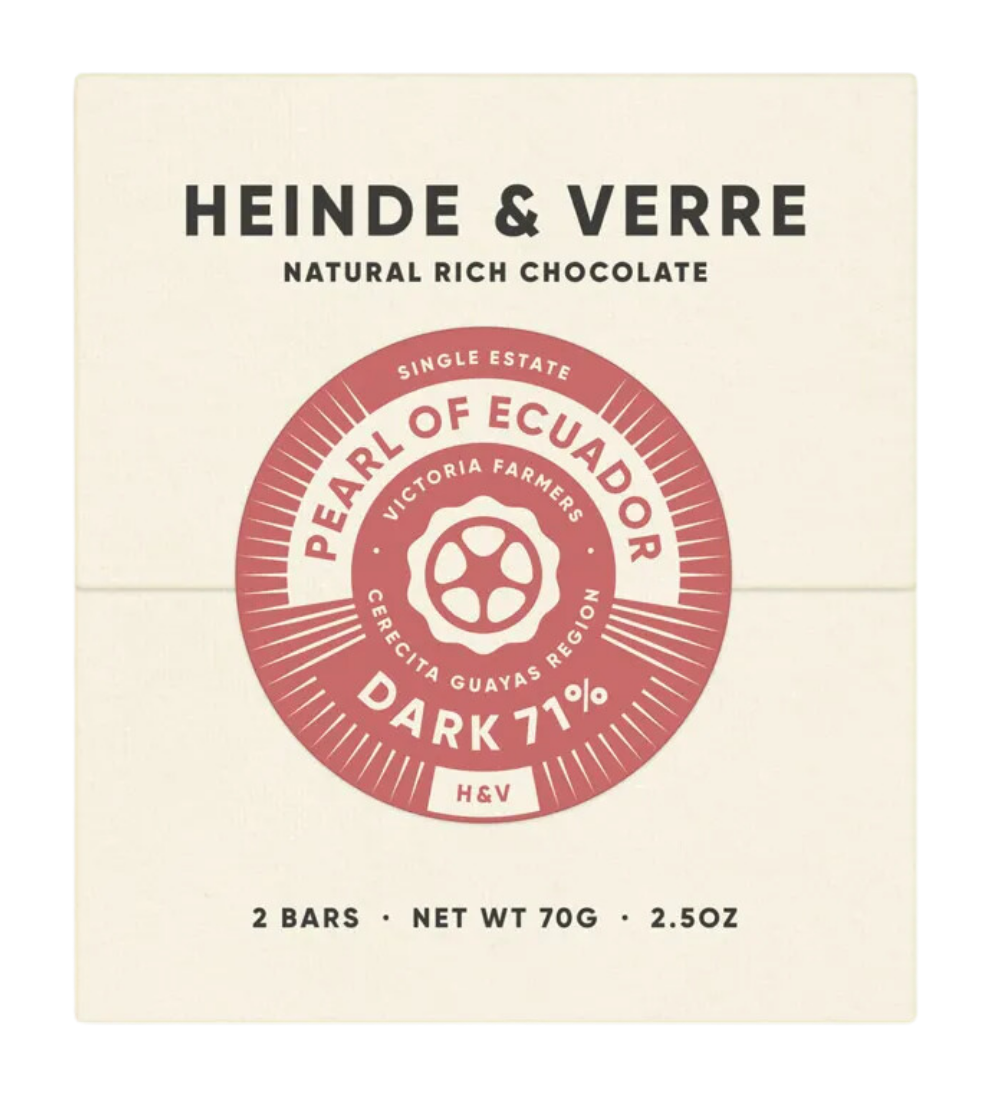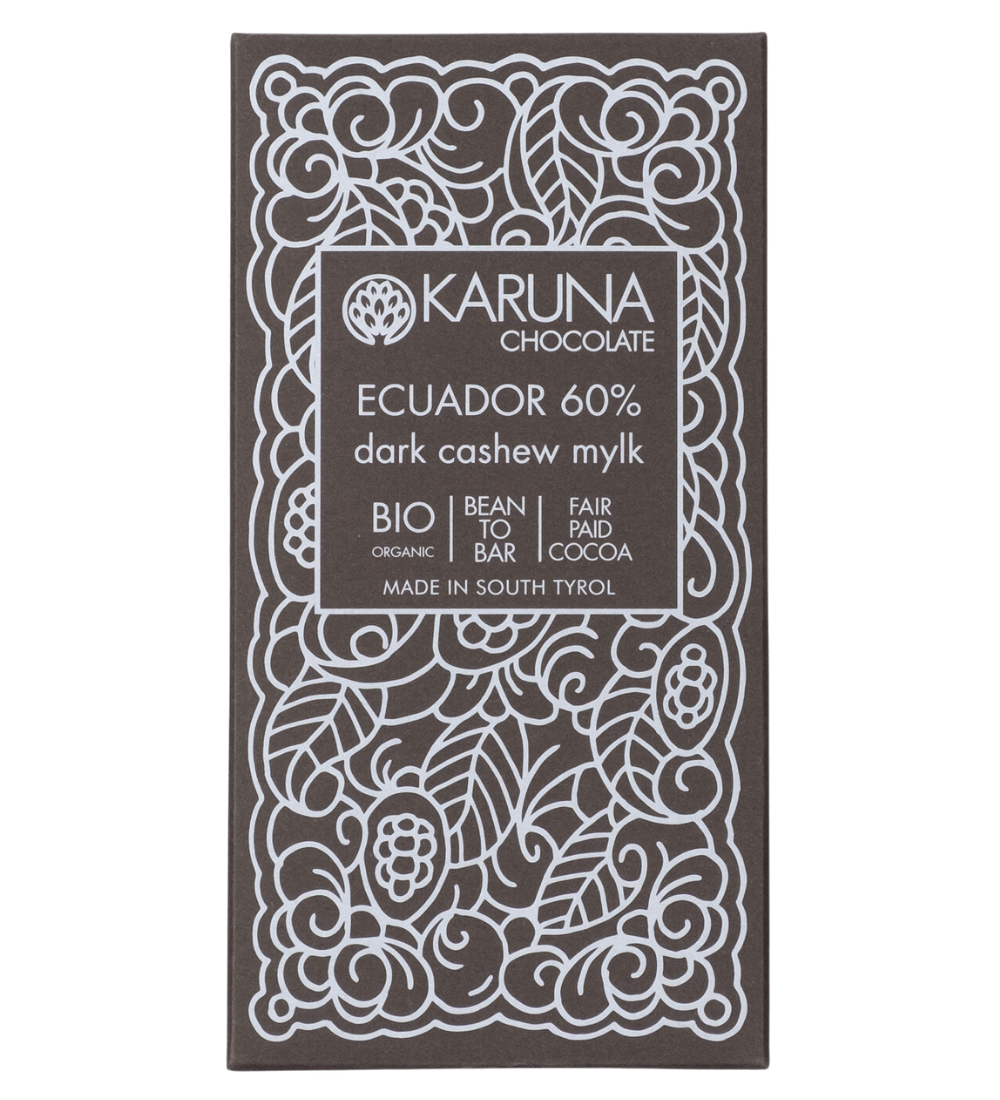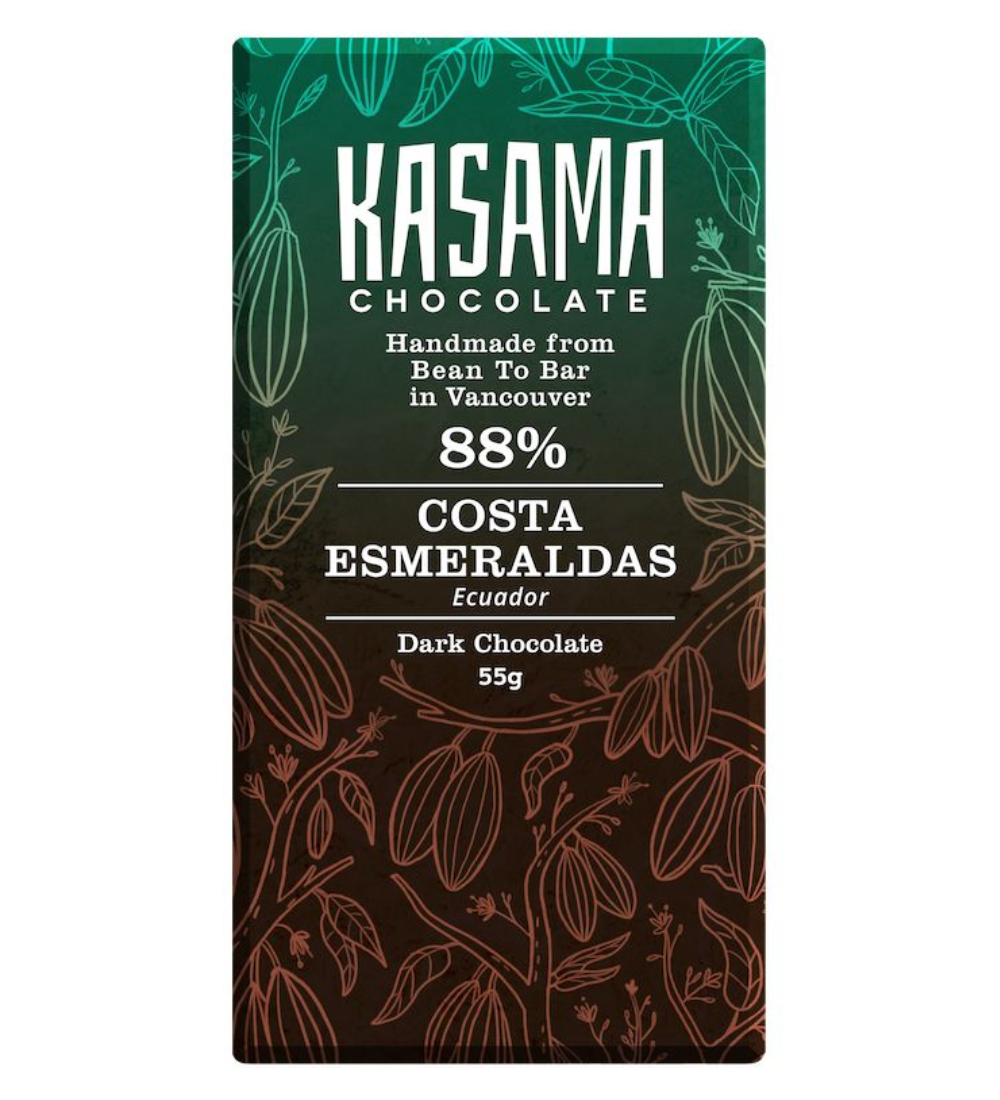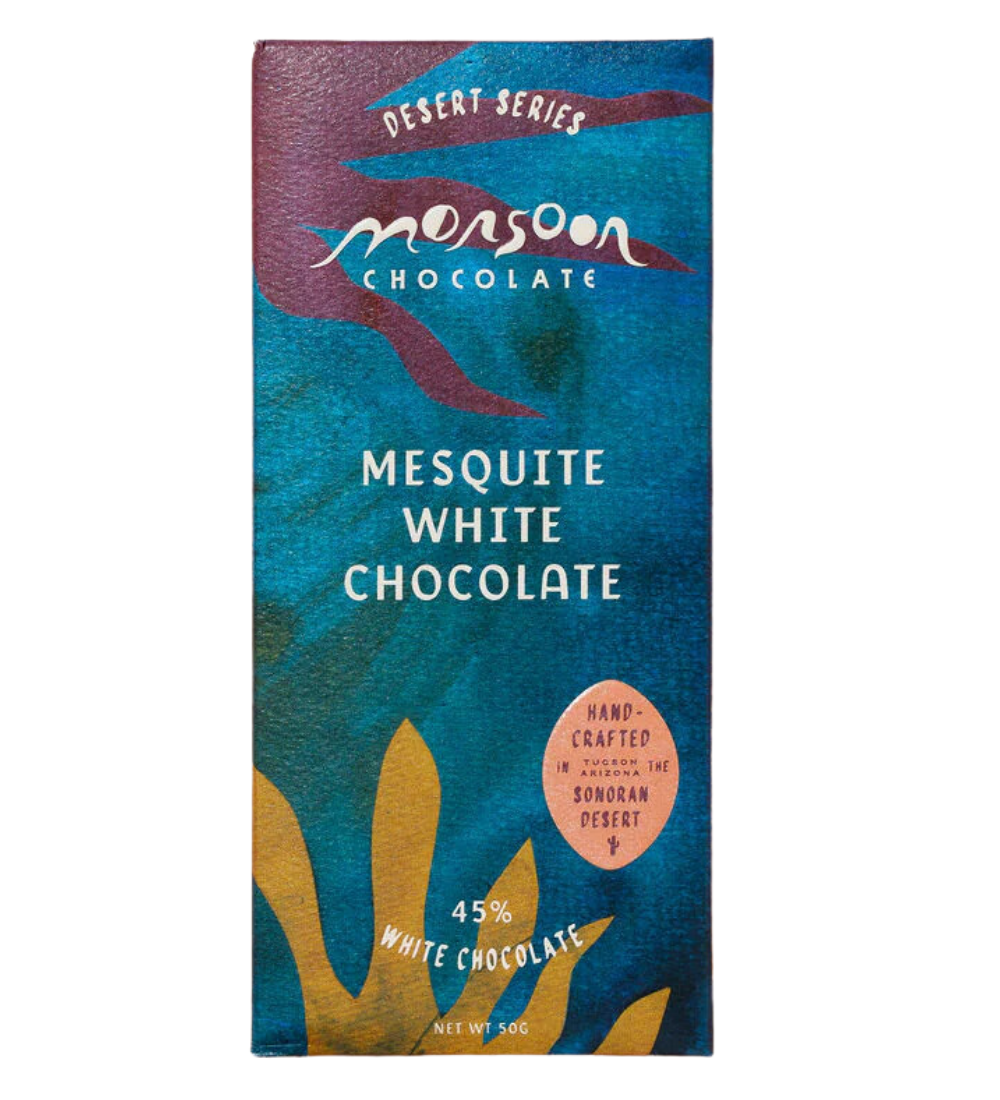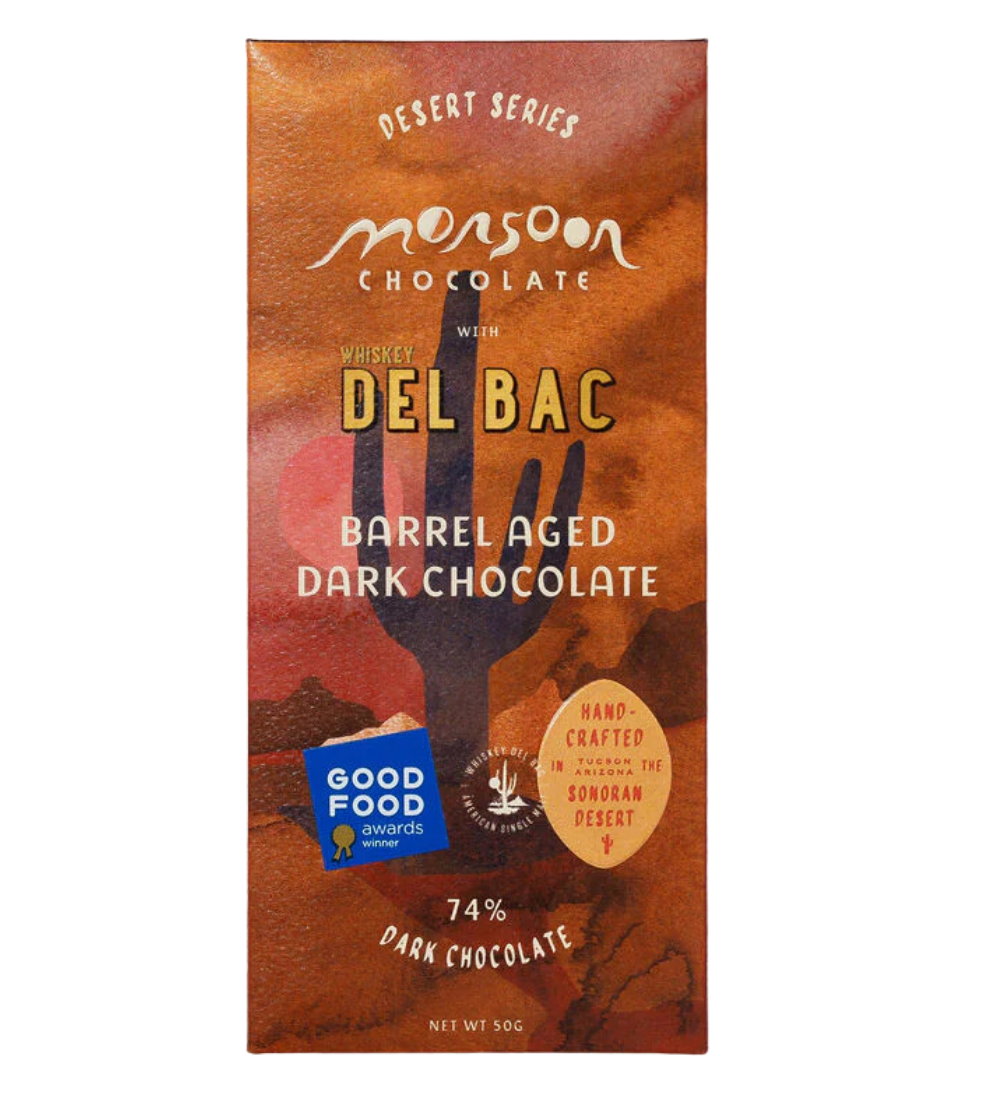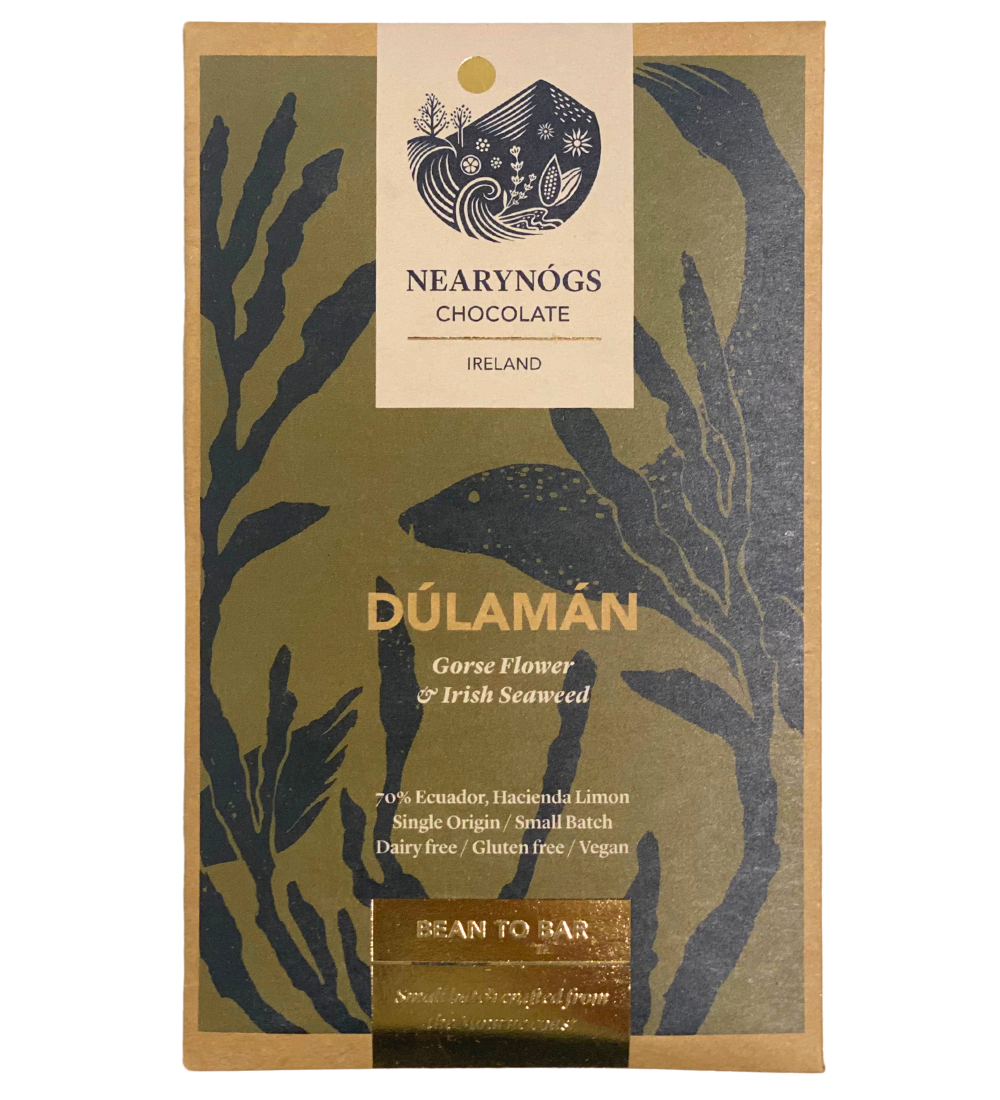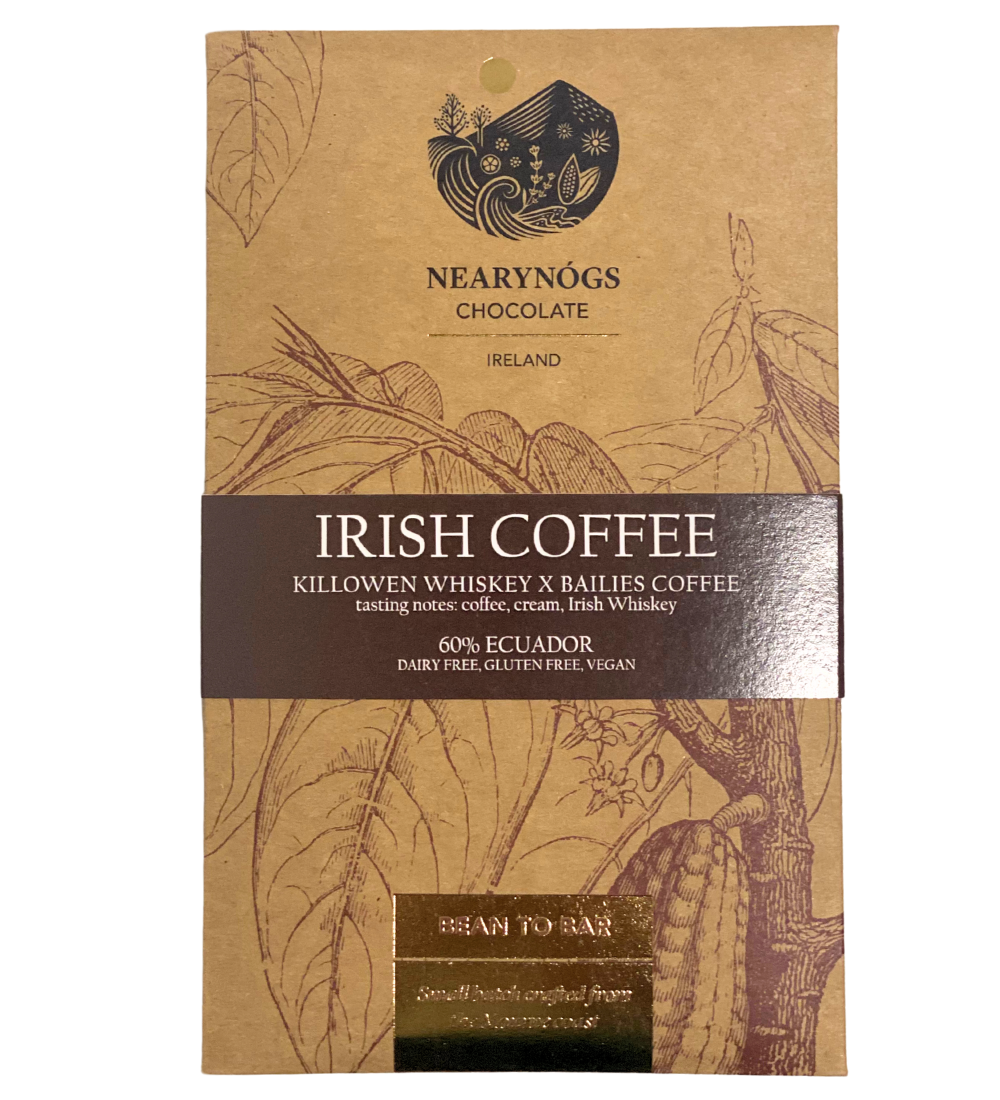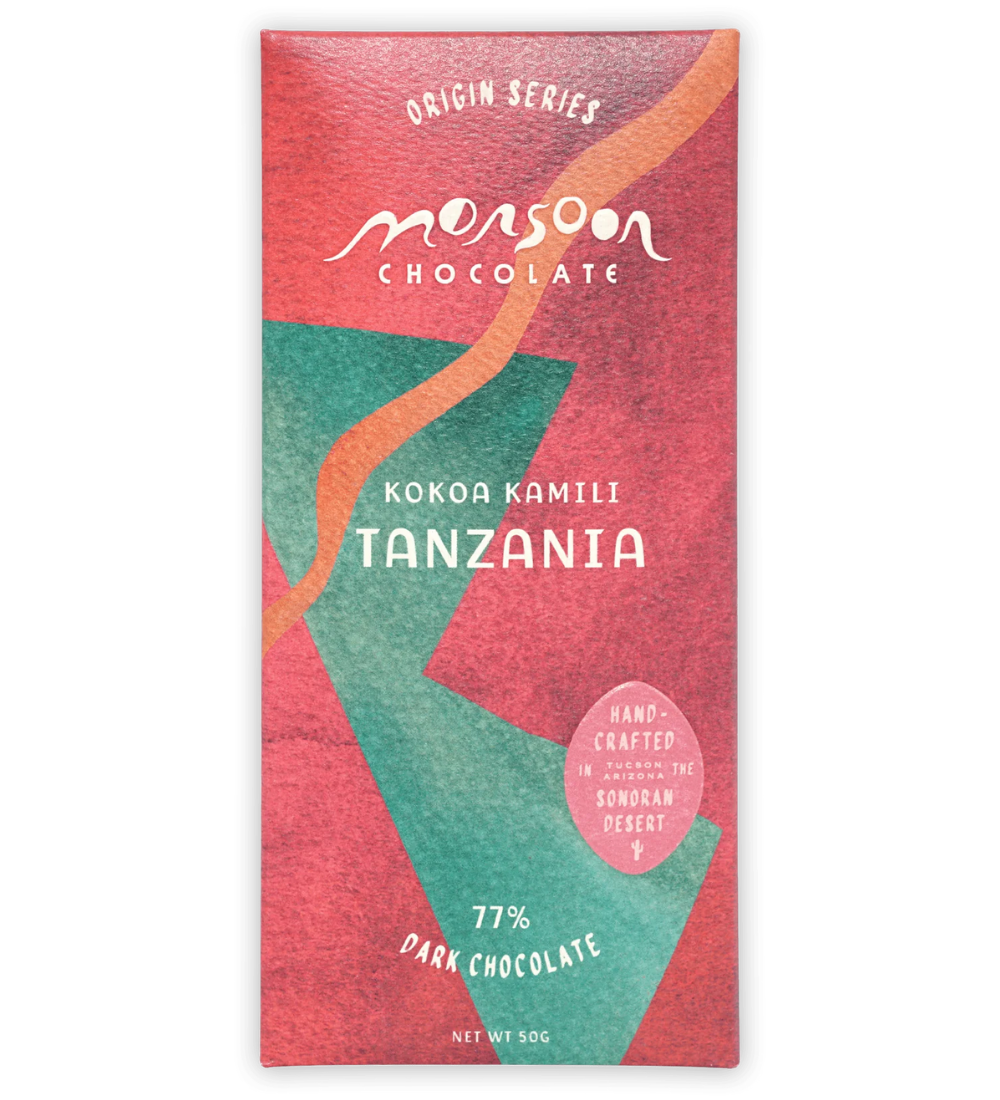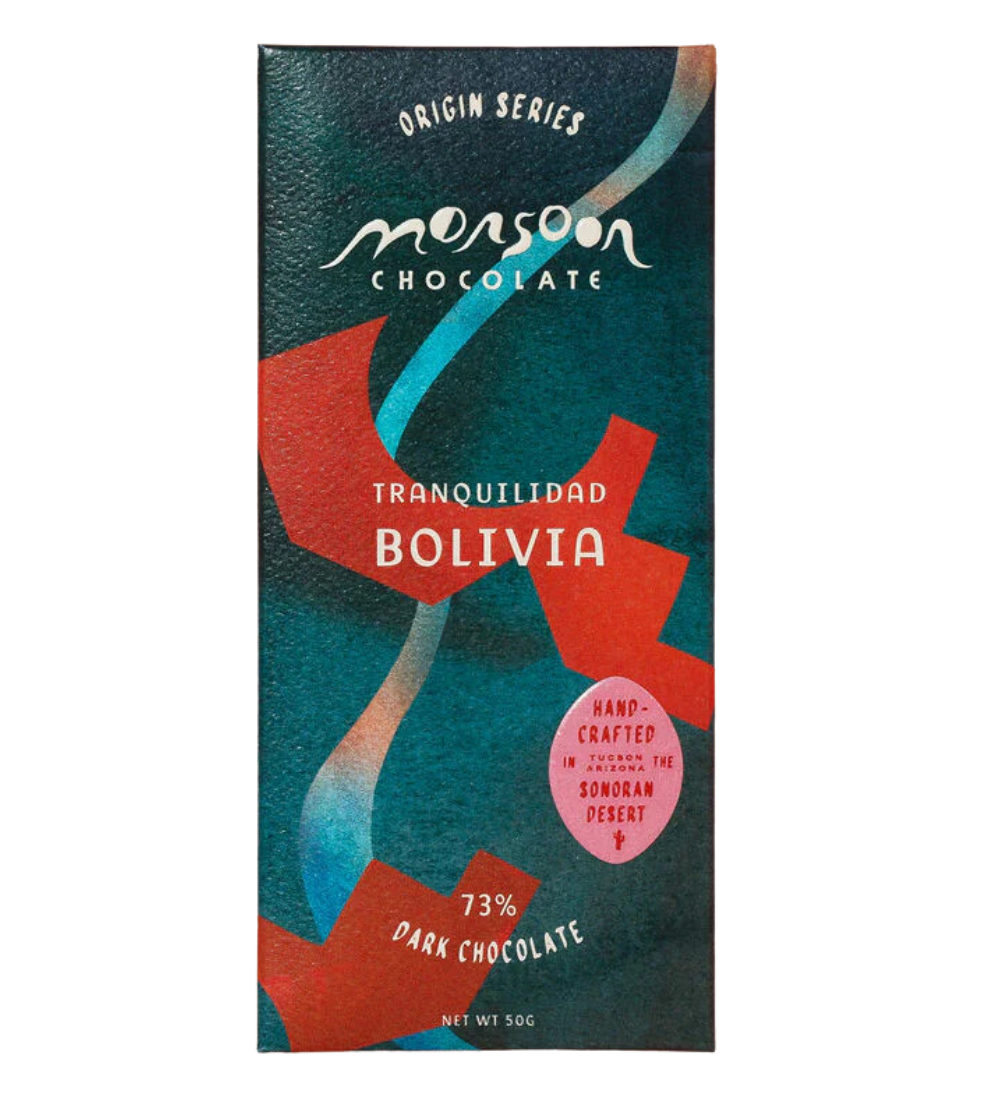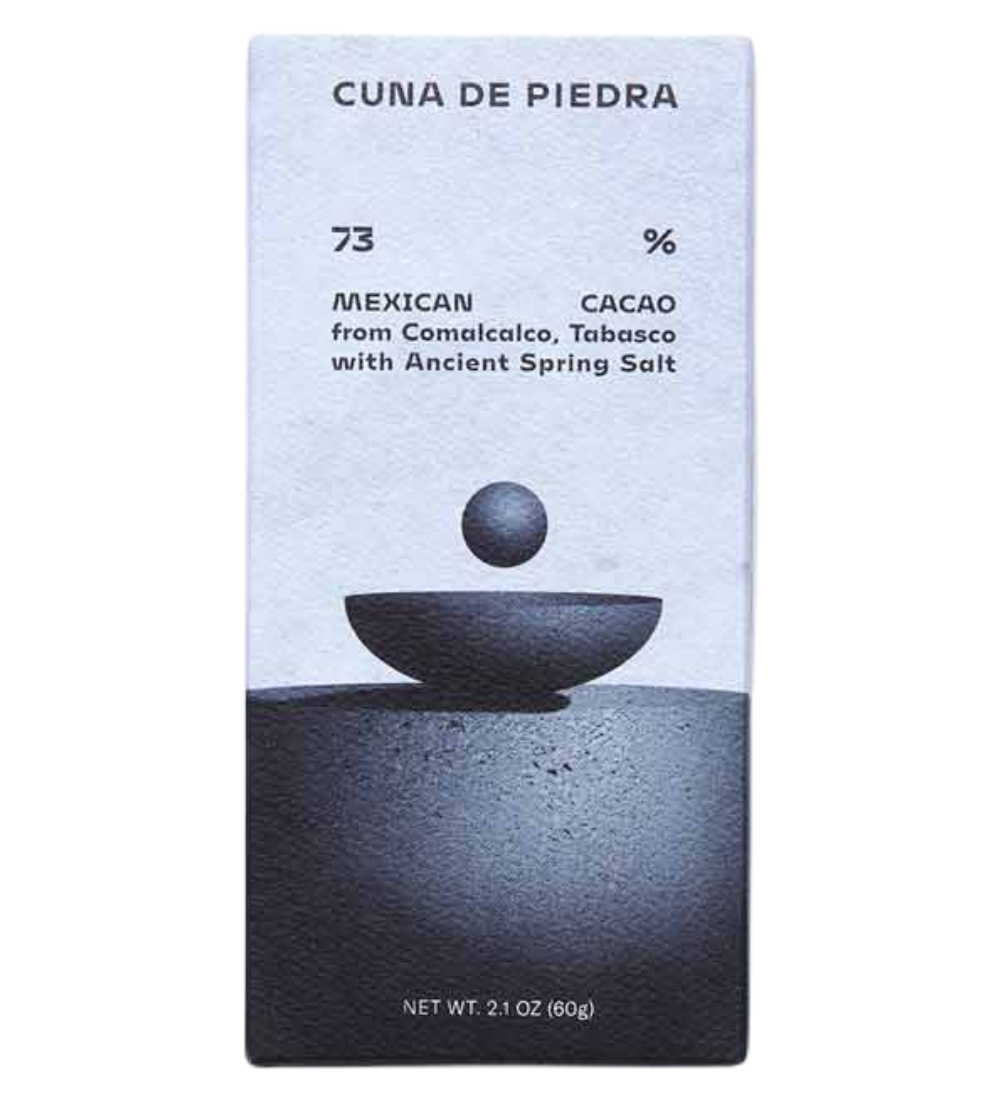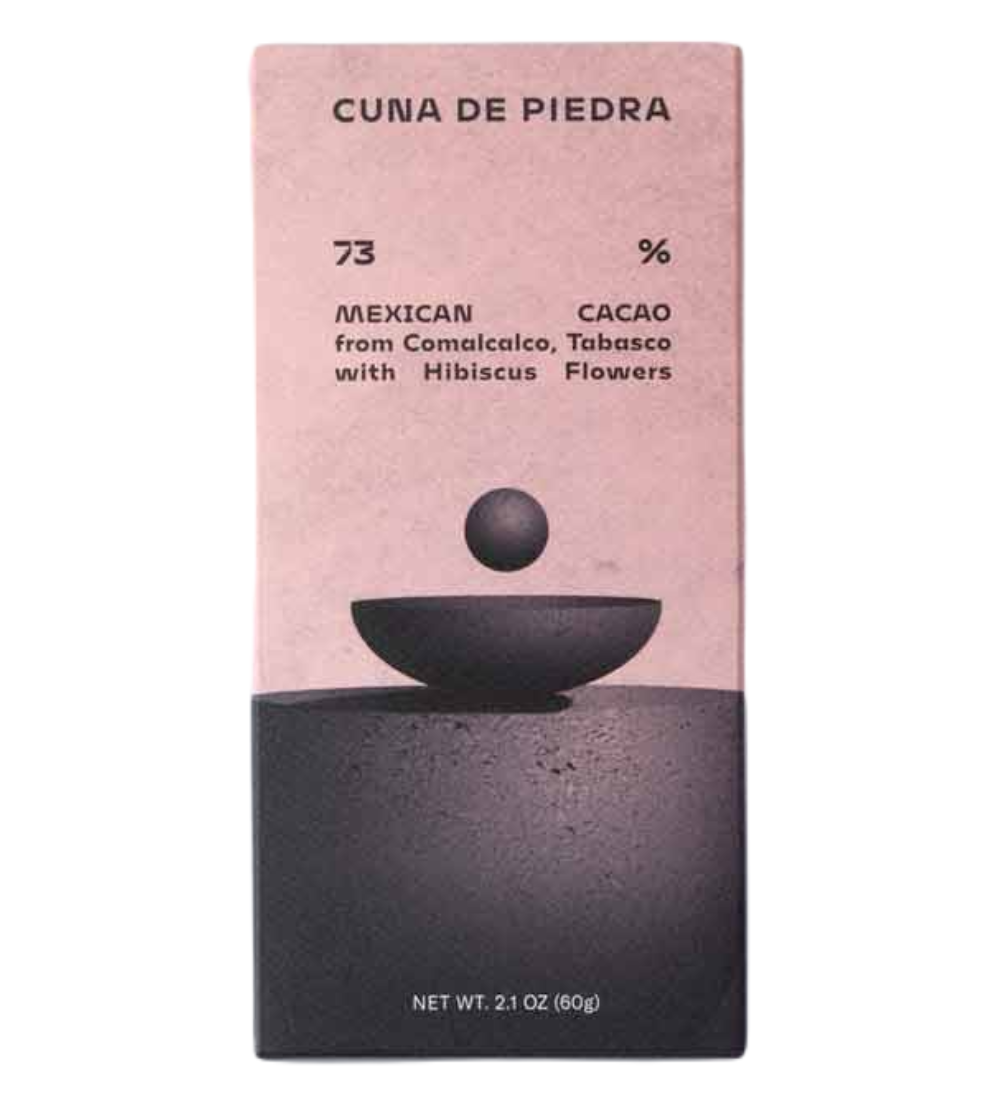Le sel de mer non raffiné et naturellement séché au soleil qui garnit cette barre est récolté dans un estuaire isolé et vierge où le désert de Sonora rencontre la mer de Cortés. Le voyage de ce sel commence avec le fleuve Colorado, qui traverse le majestueux Grand Canyon, pour finalement atteindre une étroite bande de l'océan Pacifique qui sépare la péninsule de Basse-Californie du continent mexicain. Son goût et sa texture rehaussent un chocolat déjà décadent plein de saveurs de ganache aux noisettes, de grains de café et d'épices du garde-manger.
Sel de mer de Sonora Monsoon foncé 69 %
Origine du cacao : Équateur
Pays producteur : États-Unis
Poids : 50 grammes
Adding product to your cart
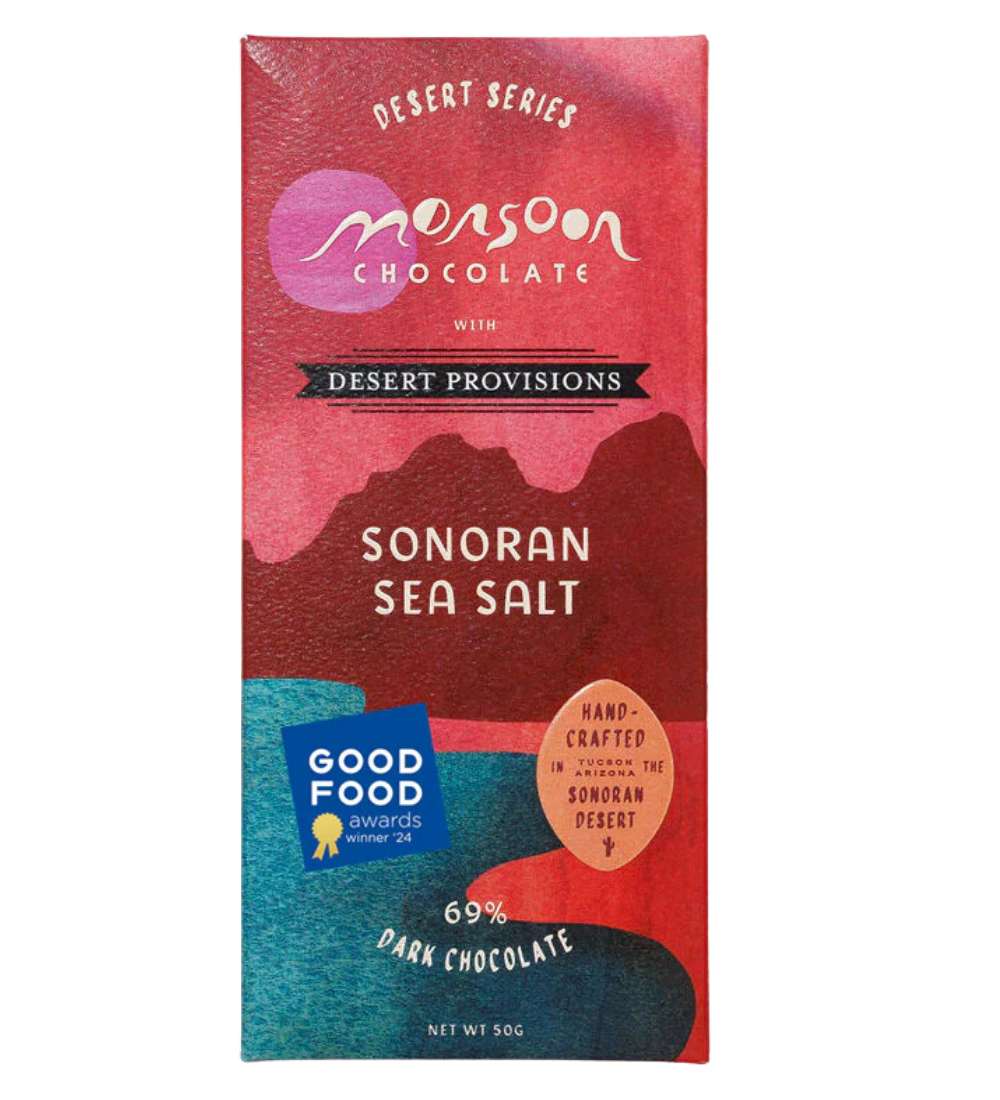
Sel de mer de Sonora Monsoon foncé 69 %

Few people know that Tucson, Arizona is designated as a UNESCO World City of Gastronomy. And Monsoon Chocolate, aptly named after the rains that bring life to the desert, justifies the city’s title by capturing the traditional flavours of the American Southwest while also showcasing the finest cocoa from around the world—a truly remarkable fusion. Embracing the 'farm to table' mentality, Monsoon engages with suppliers in fair and sustainable practices, detailing on their website each terroir and collective they work with, along with how much they paid for the cocoa compared to the global commodity price. Despite the challenge of crafting chocolate in a desert, they excel in quality, processing the cacao minimally to highlight the beans' beautiful and complex flavours. What’s more, founder Adam's background includes a stint at Whole Foods in Portland, Oregon, where he helped build the largest craft chocolate library in the world. If you find yourself in the area, be sure to visit Monsoon Chocolate for a tasting and tour, offered from 11 am to 5 pm, Wednesday through Sunday. Tell them Milou sent you!
Achetez plus MonsoonEsmeraldas is a province in northwestern Ecuador, bordering the Pacific Ocean and western Colombia. Renowned for its beaches, pristine forests, seafood, and vibrant indigenous and Afro-Ecuadorian culture - Esmeraldas' population is predominantly Mestizo and Afro-Ecuadorian - the region attracts a lot of tourism. In rural areas, agriculture is the primary livelihood, with crops like coffee, bananas, and tobacco. The capital city, also named Esmeraldas, is the terminus of the Trans-Ecuadorian Pipeline from the northeastern oil fields, with local industries focused on manufacturing, timber, chemicals, and oil. As result, environmental concerns have risen, especially around management of the Gran Chaco, South America's second-largest forest. Esmeraldas is also known throughout Latin America for its significant contribution of players to the Ecuador national football team.
